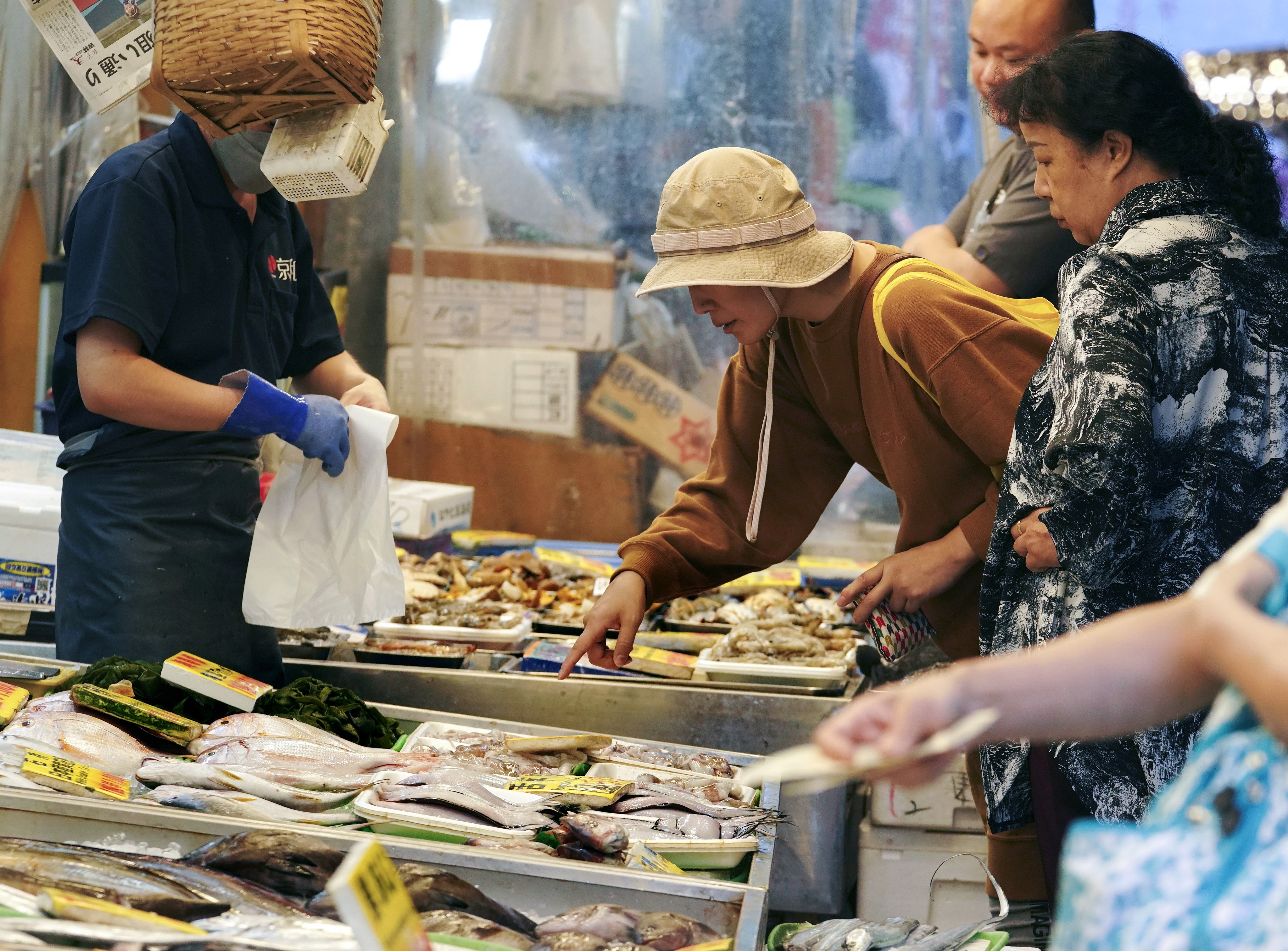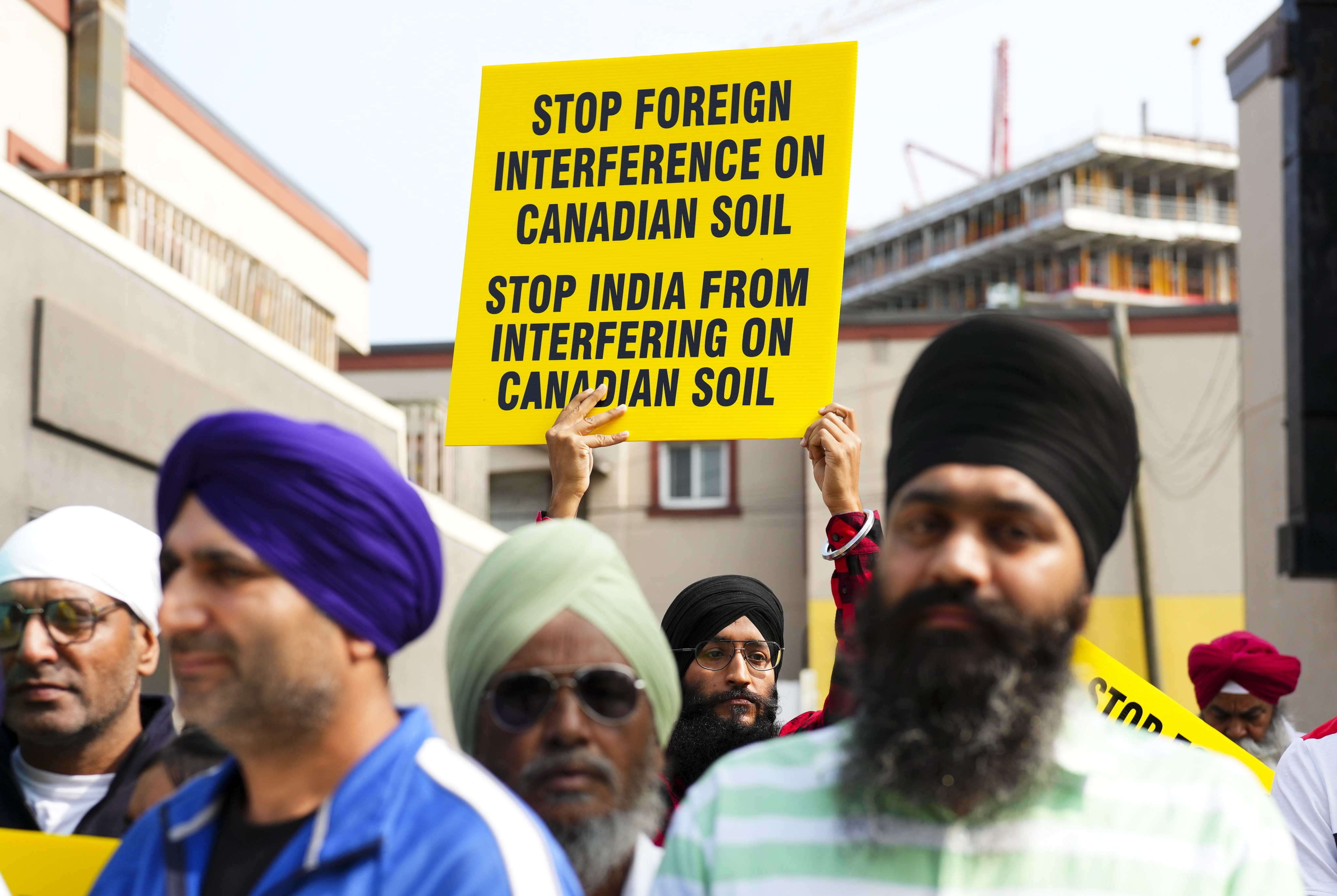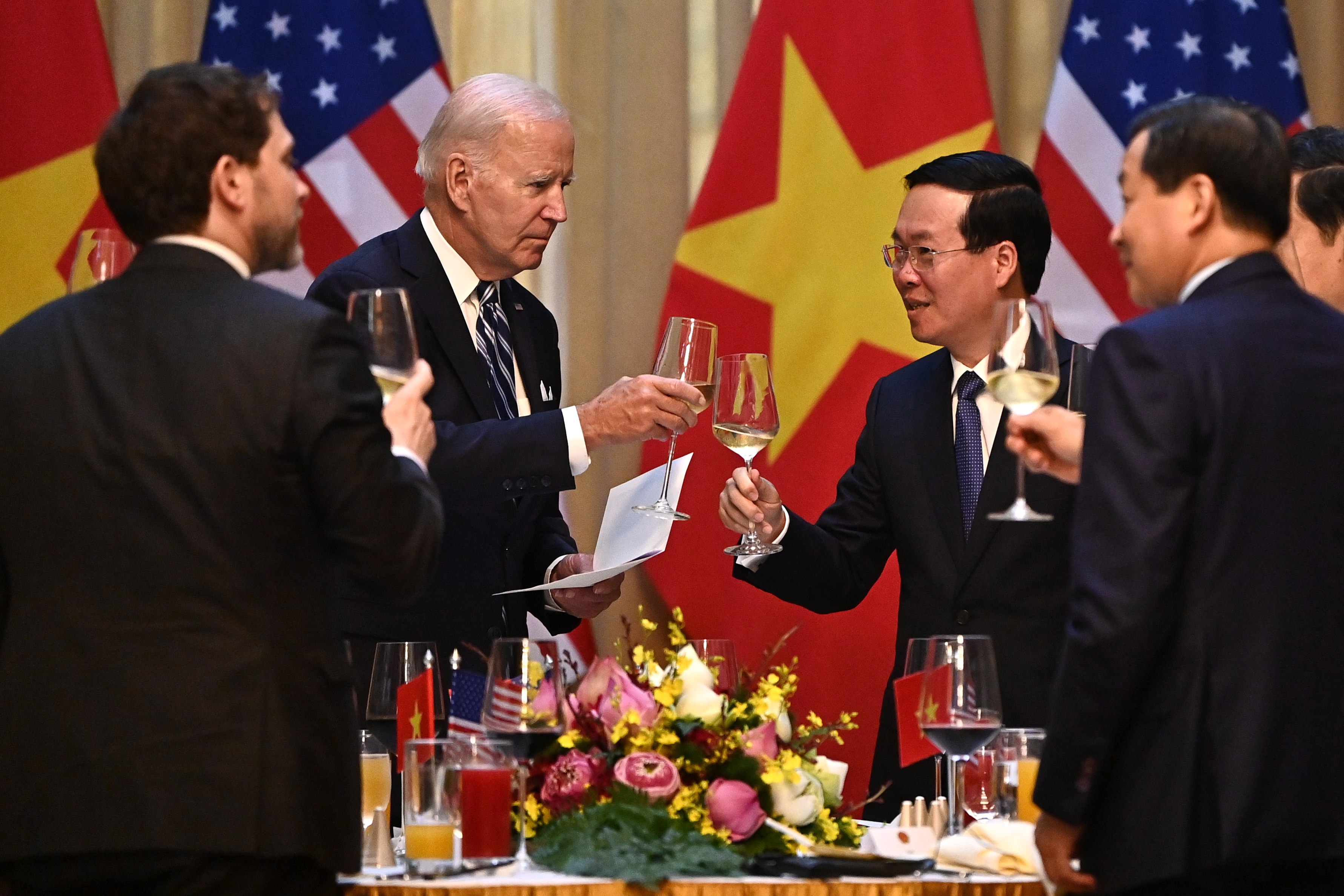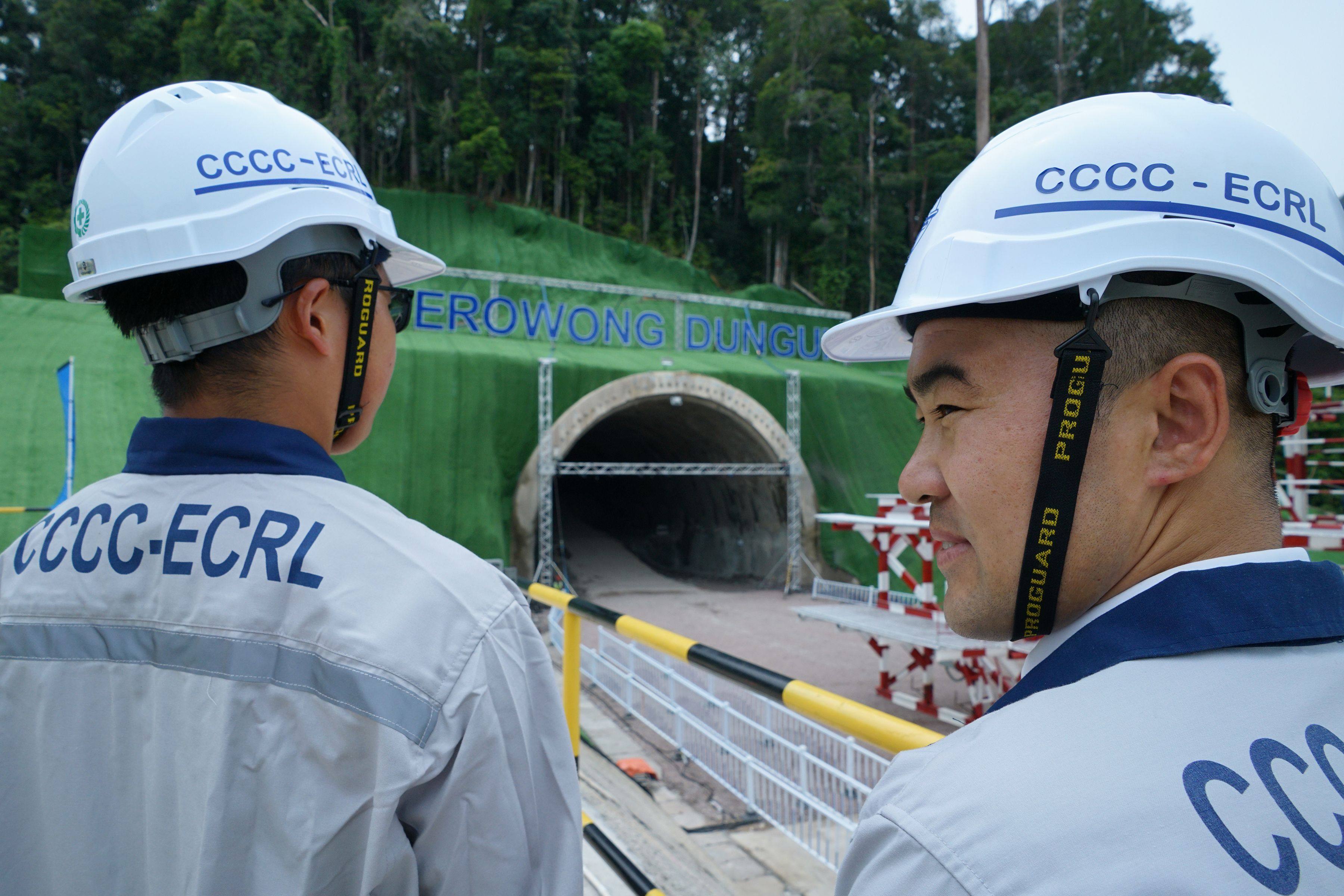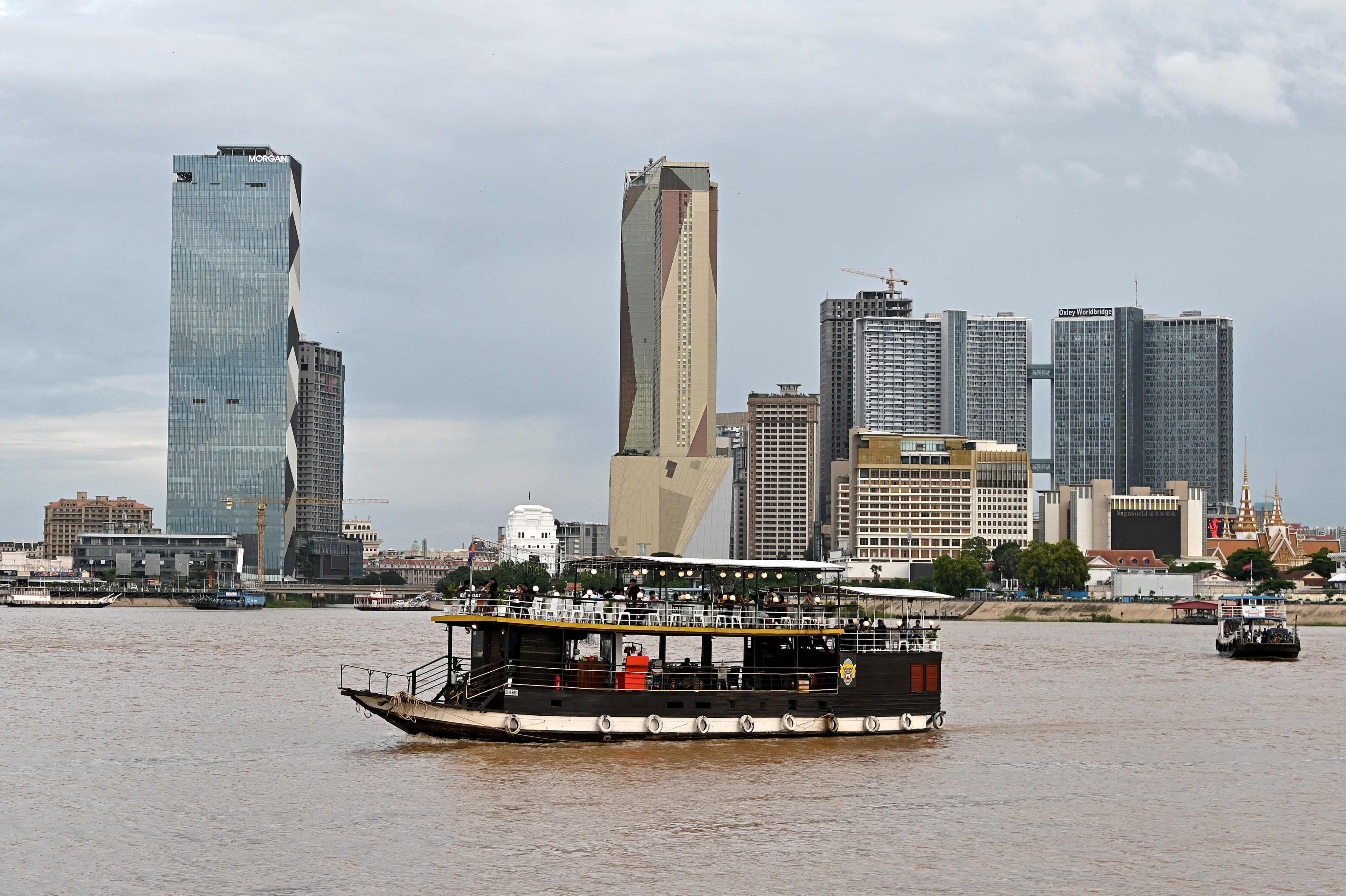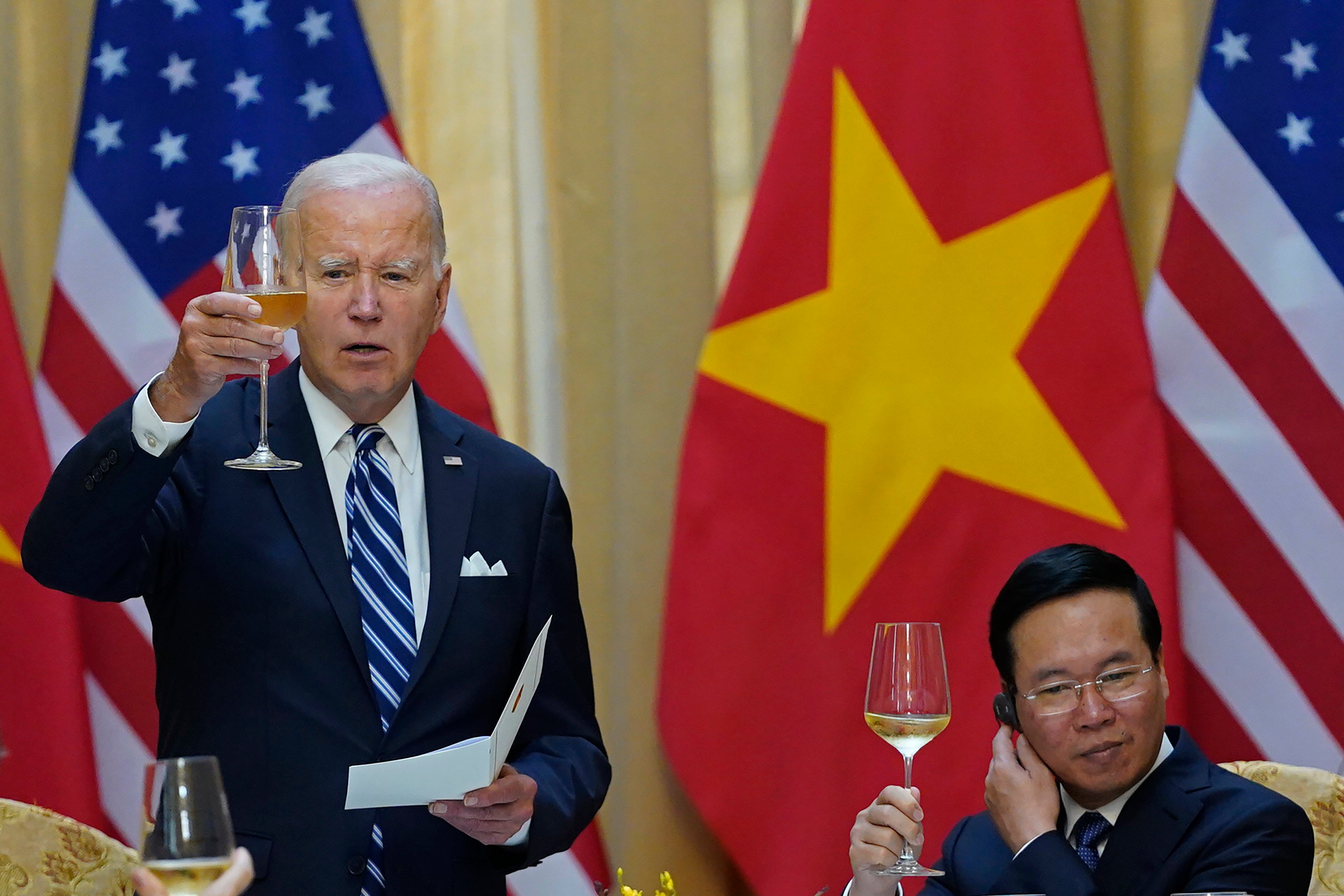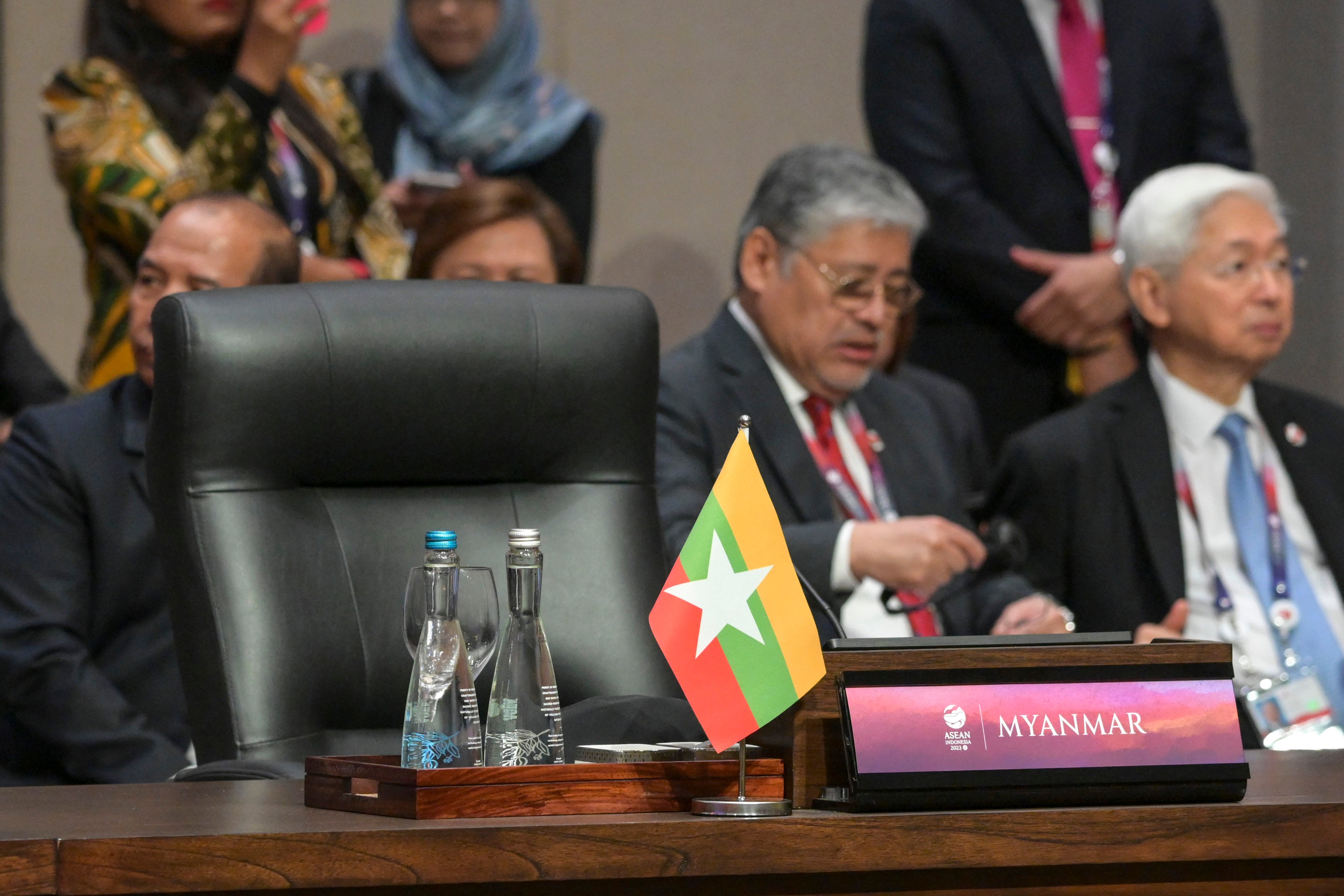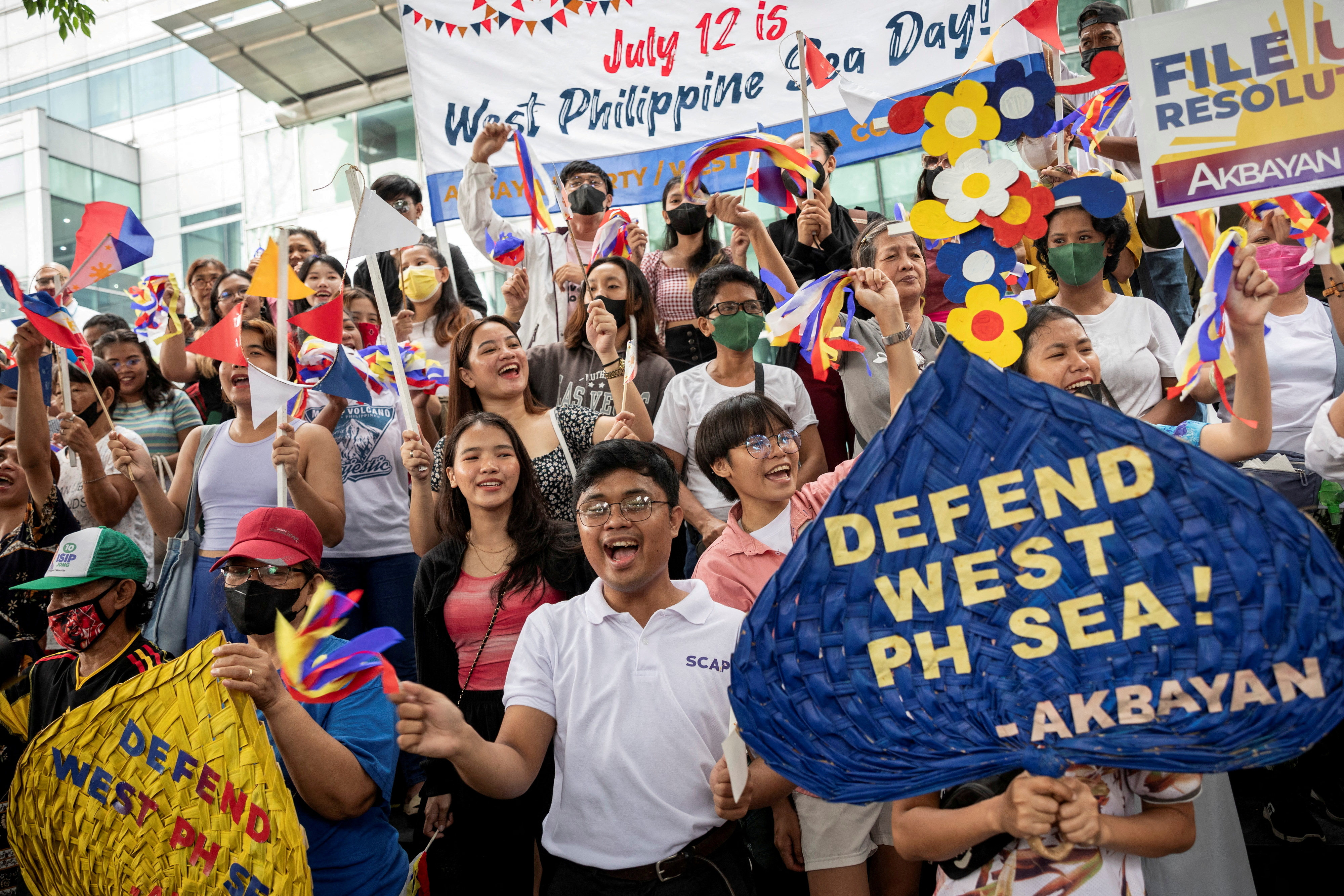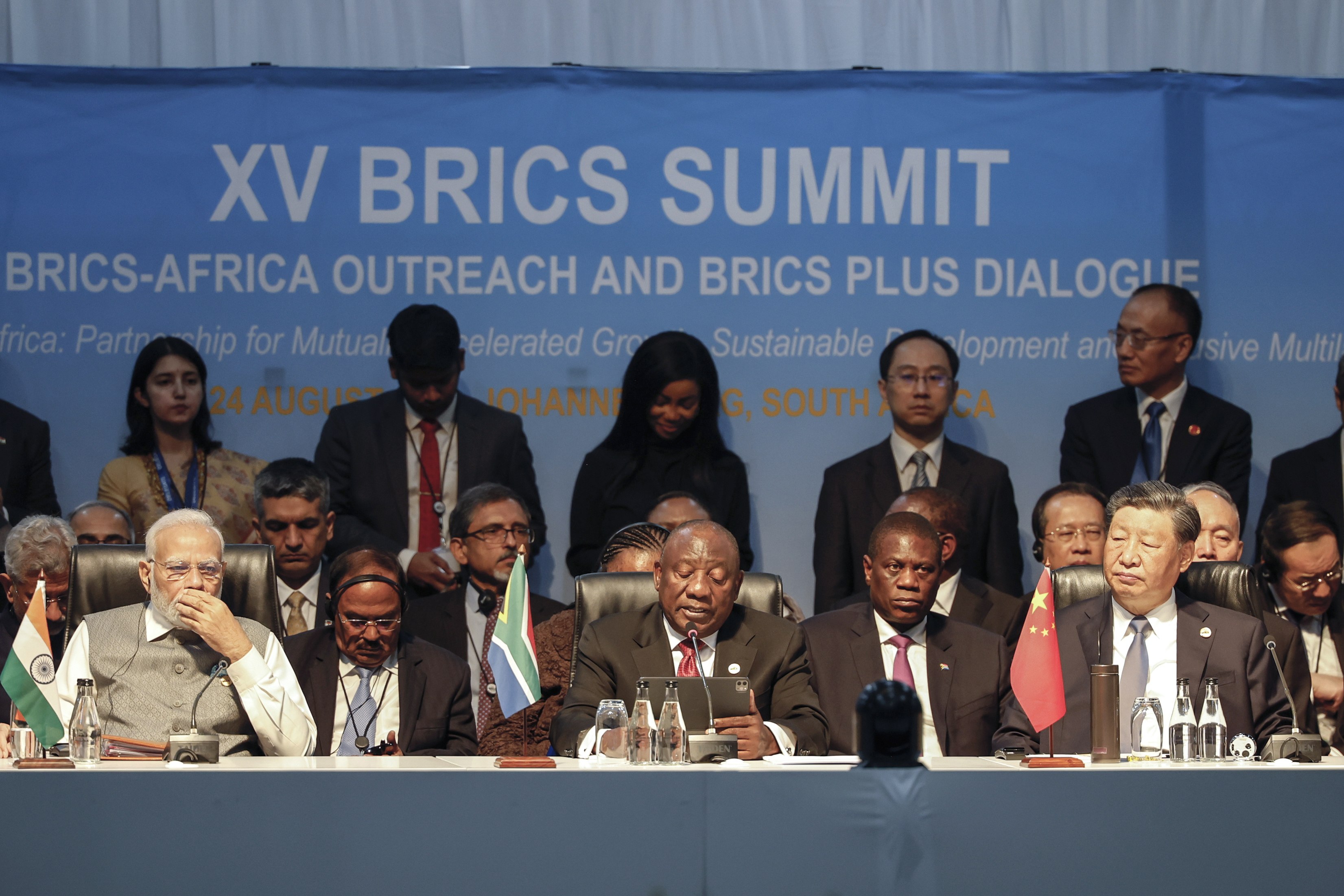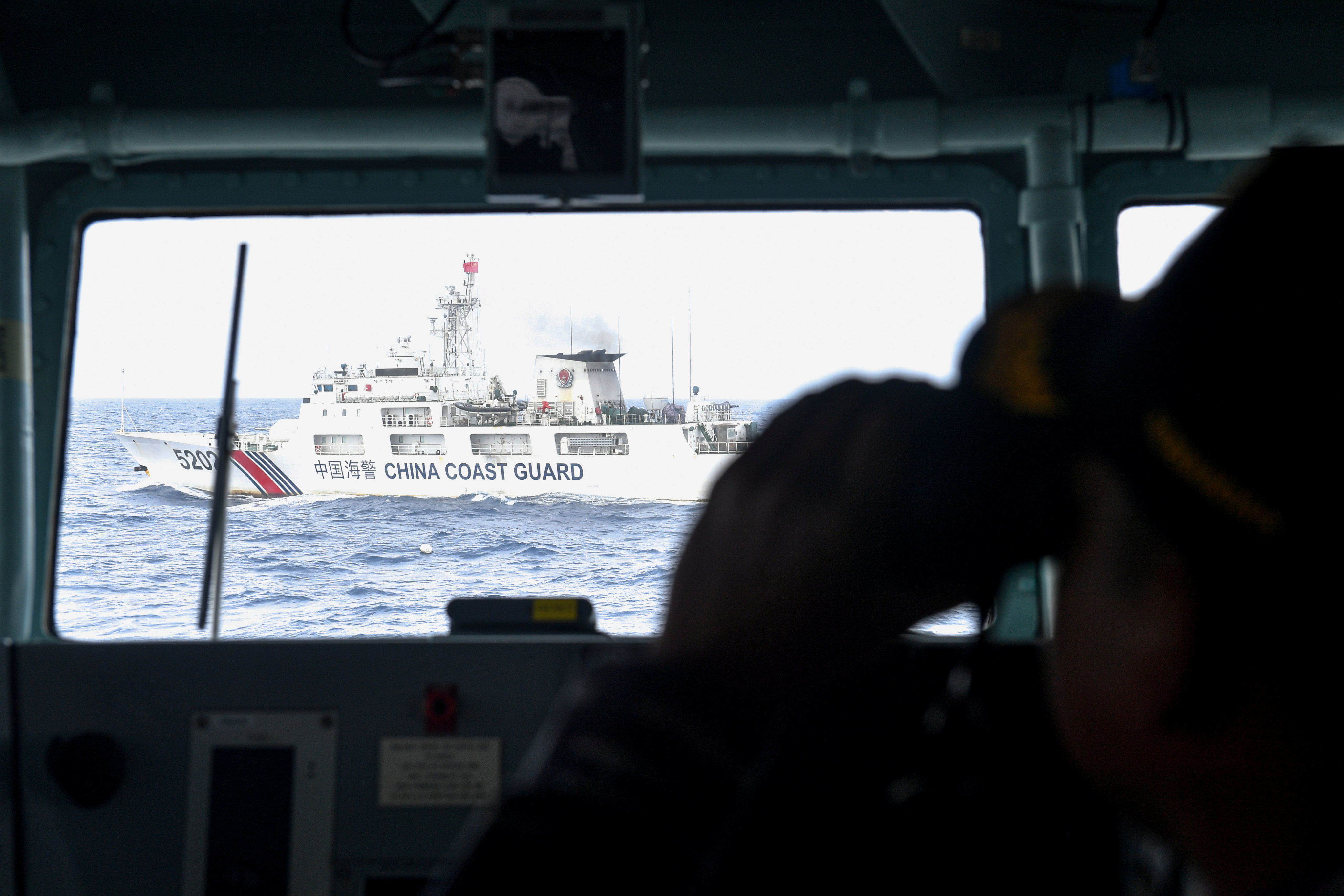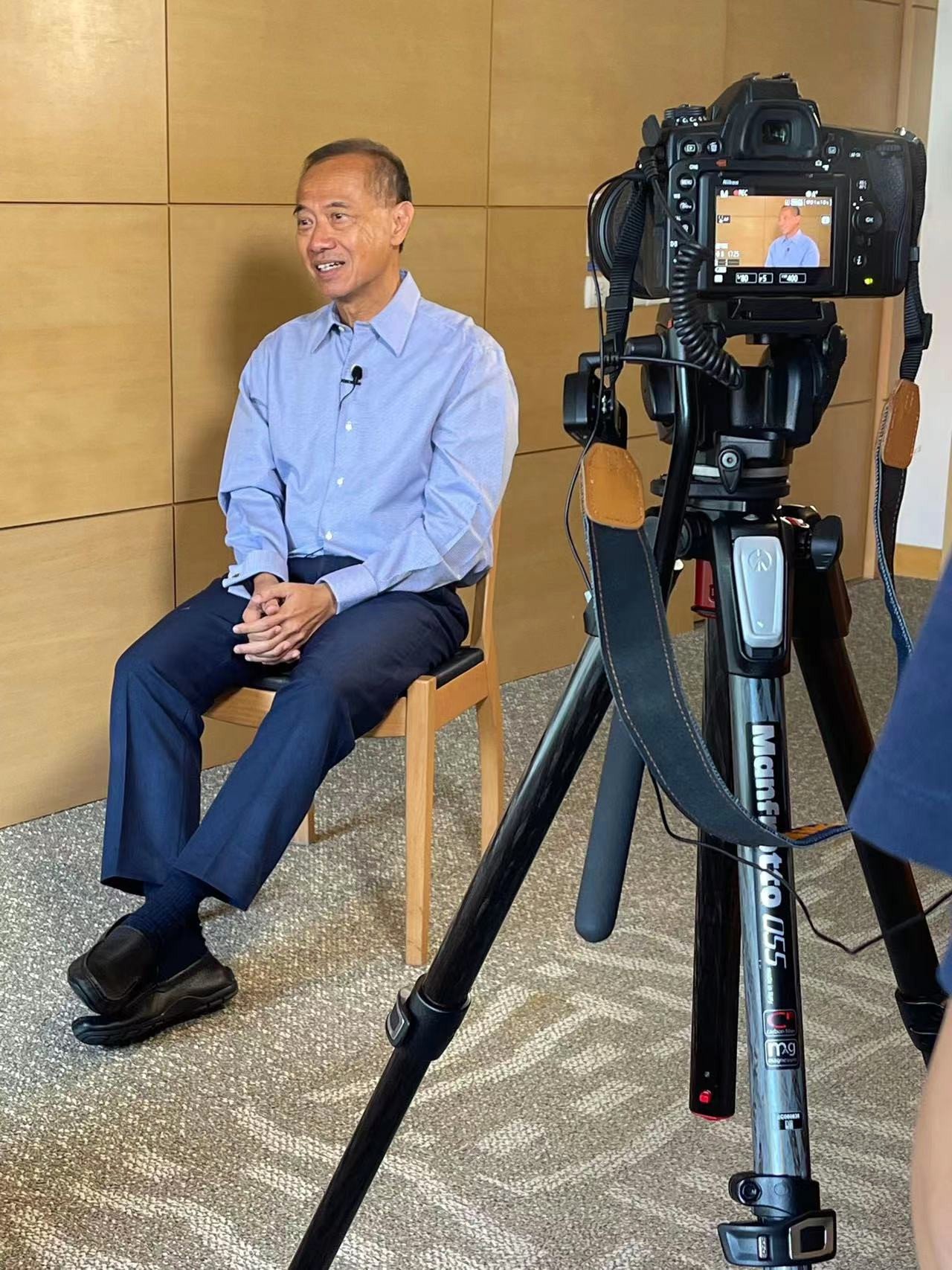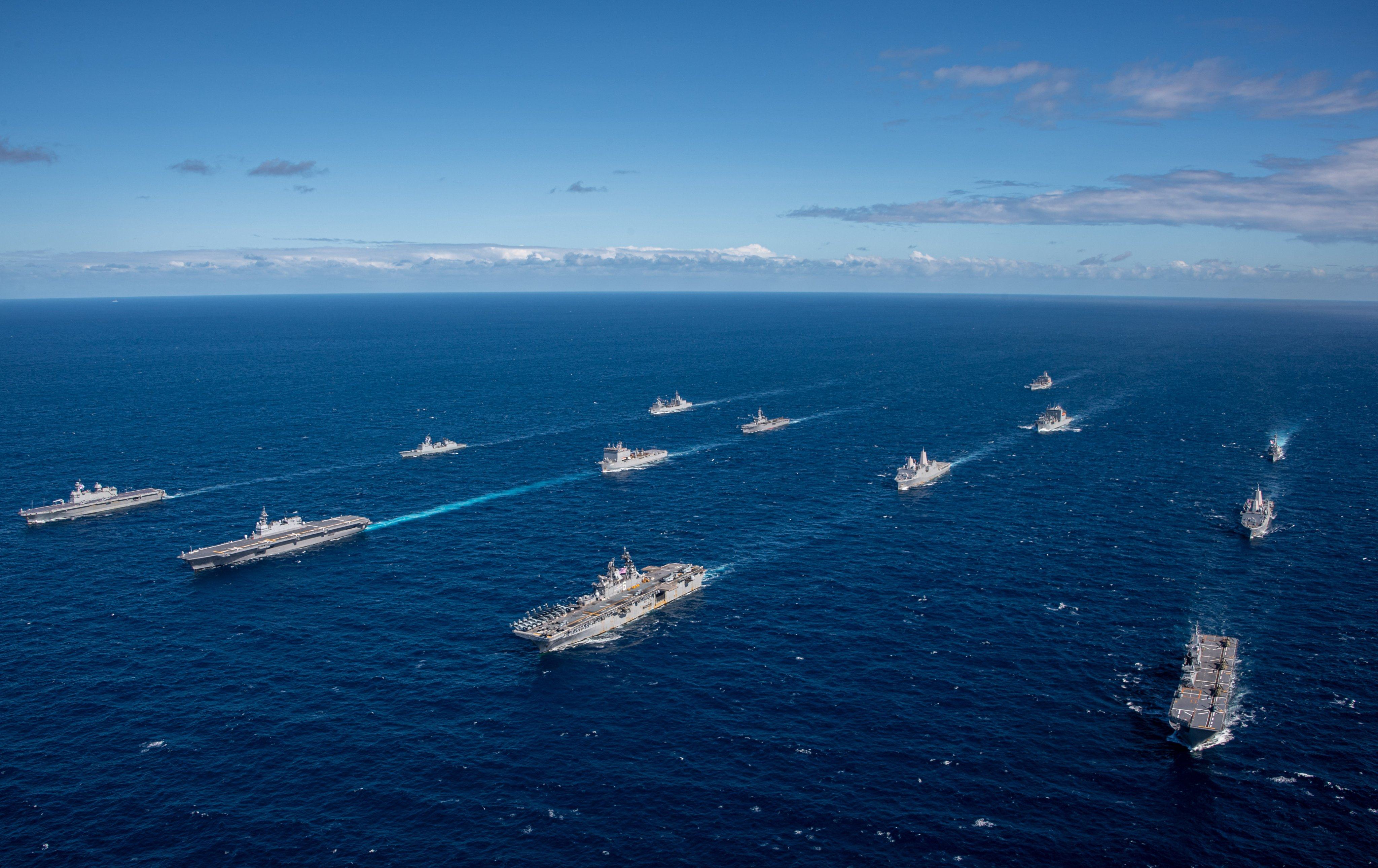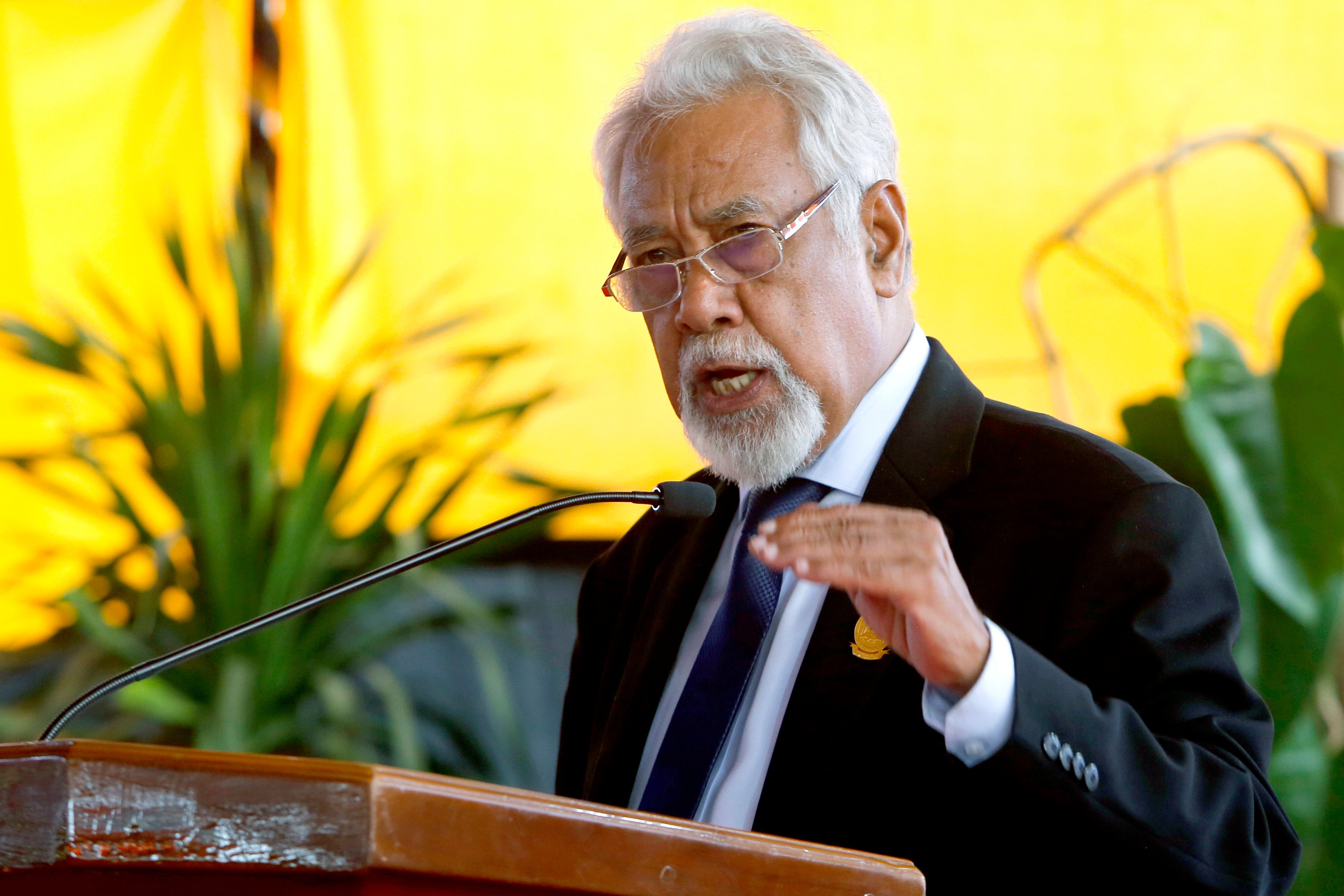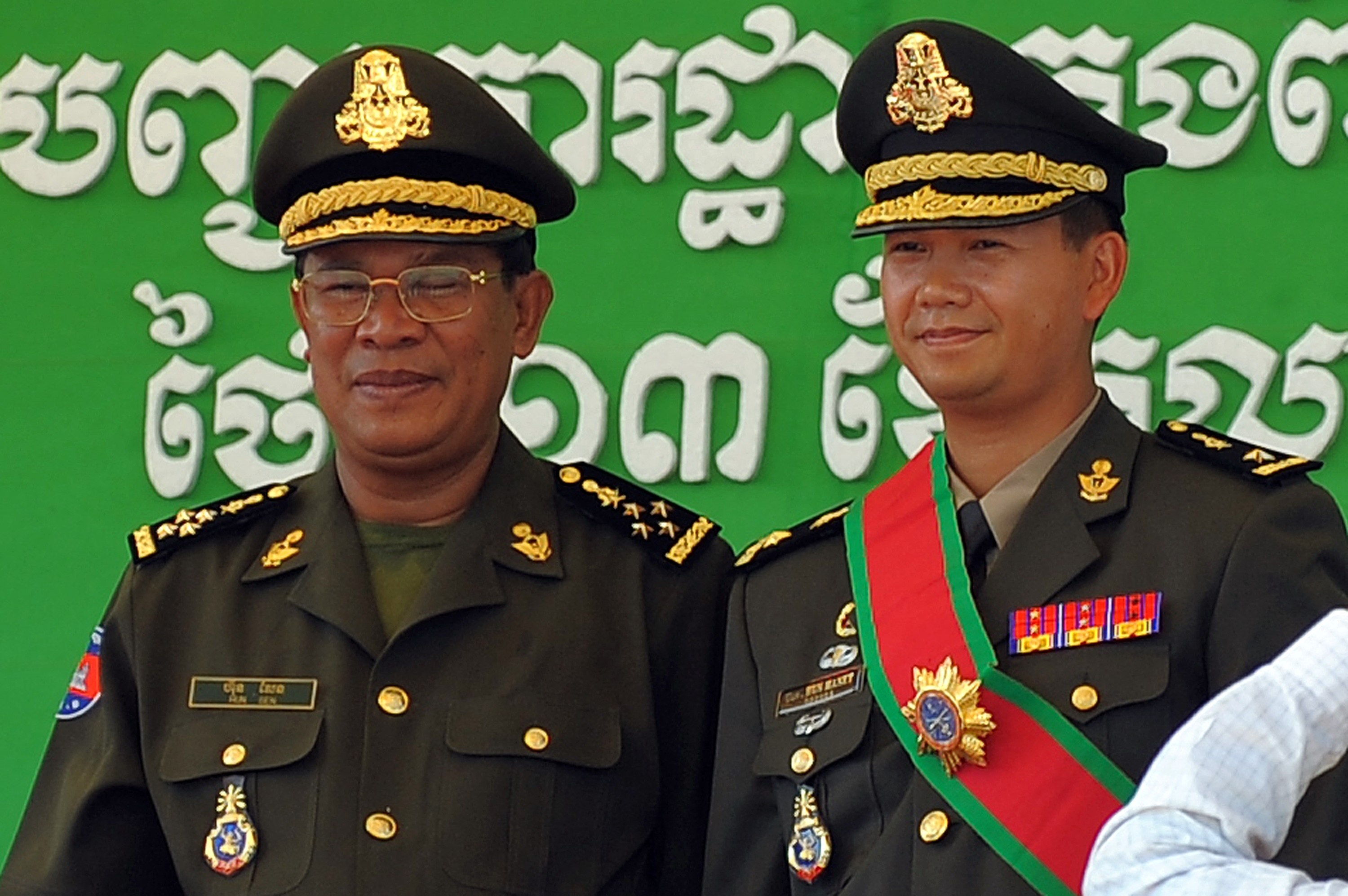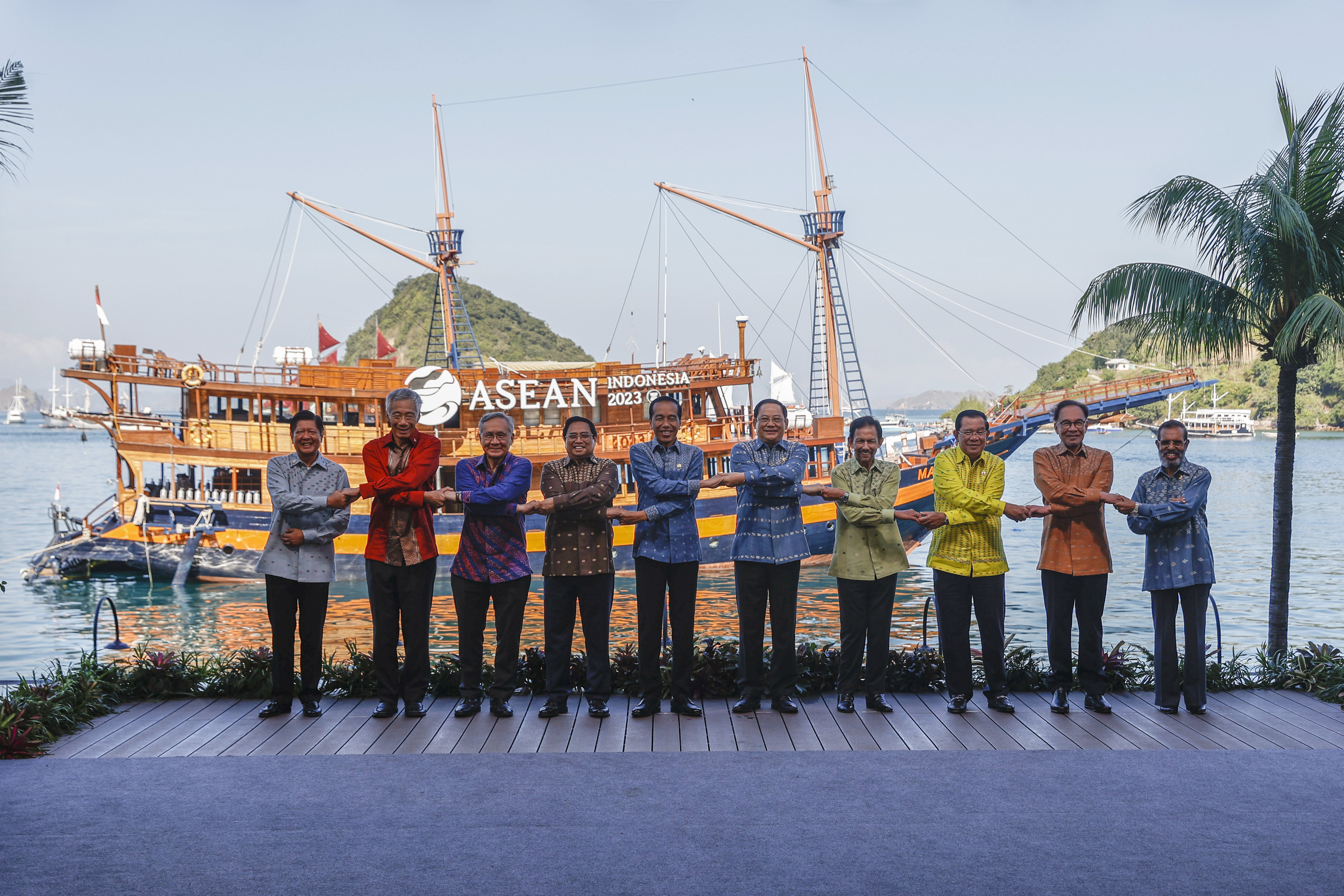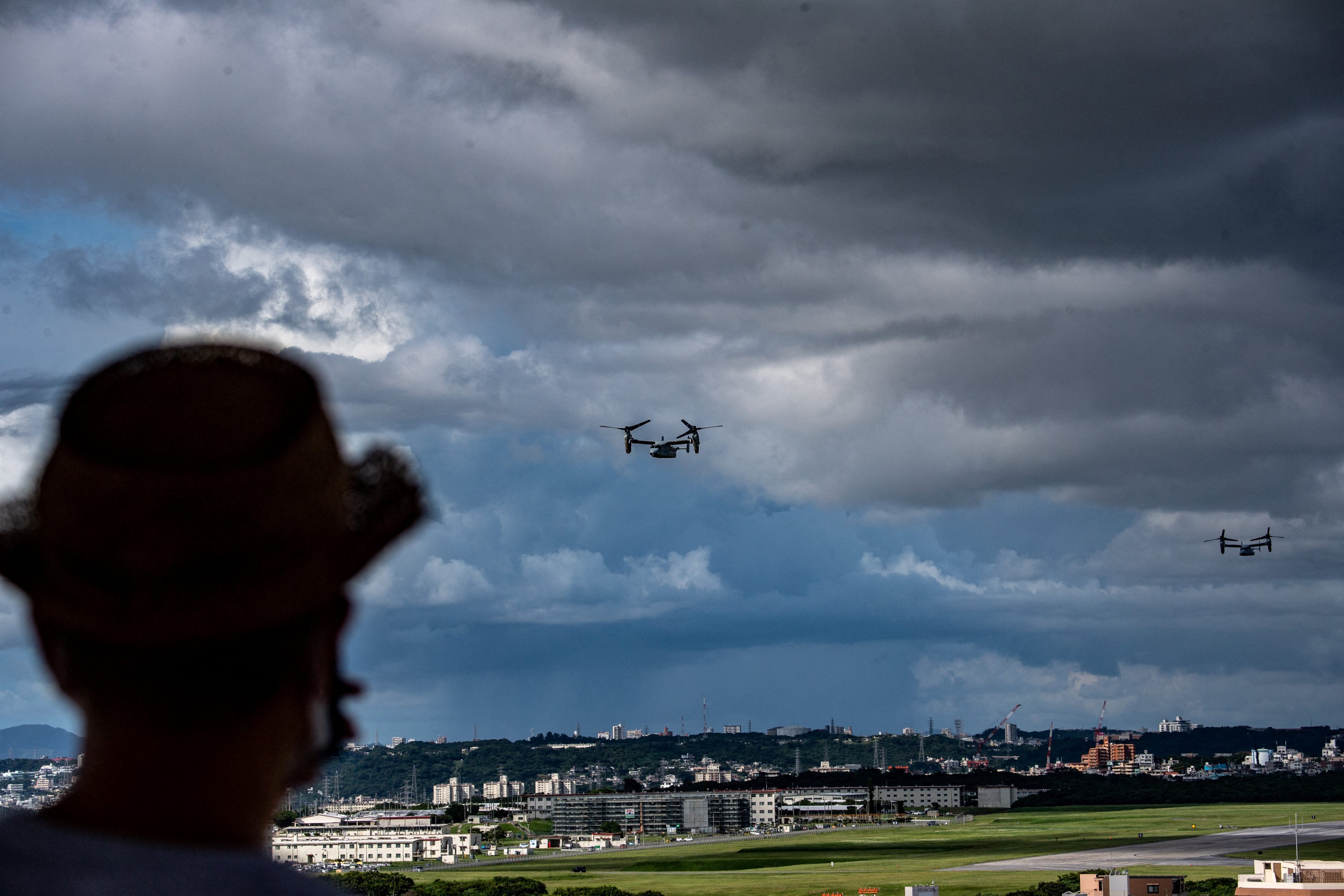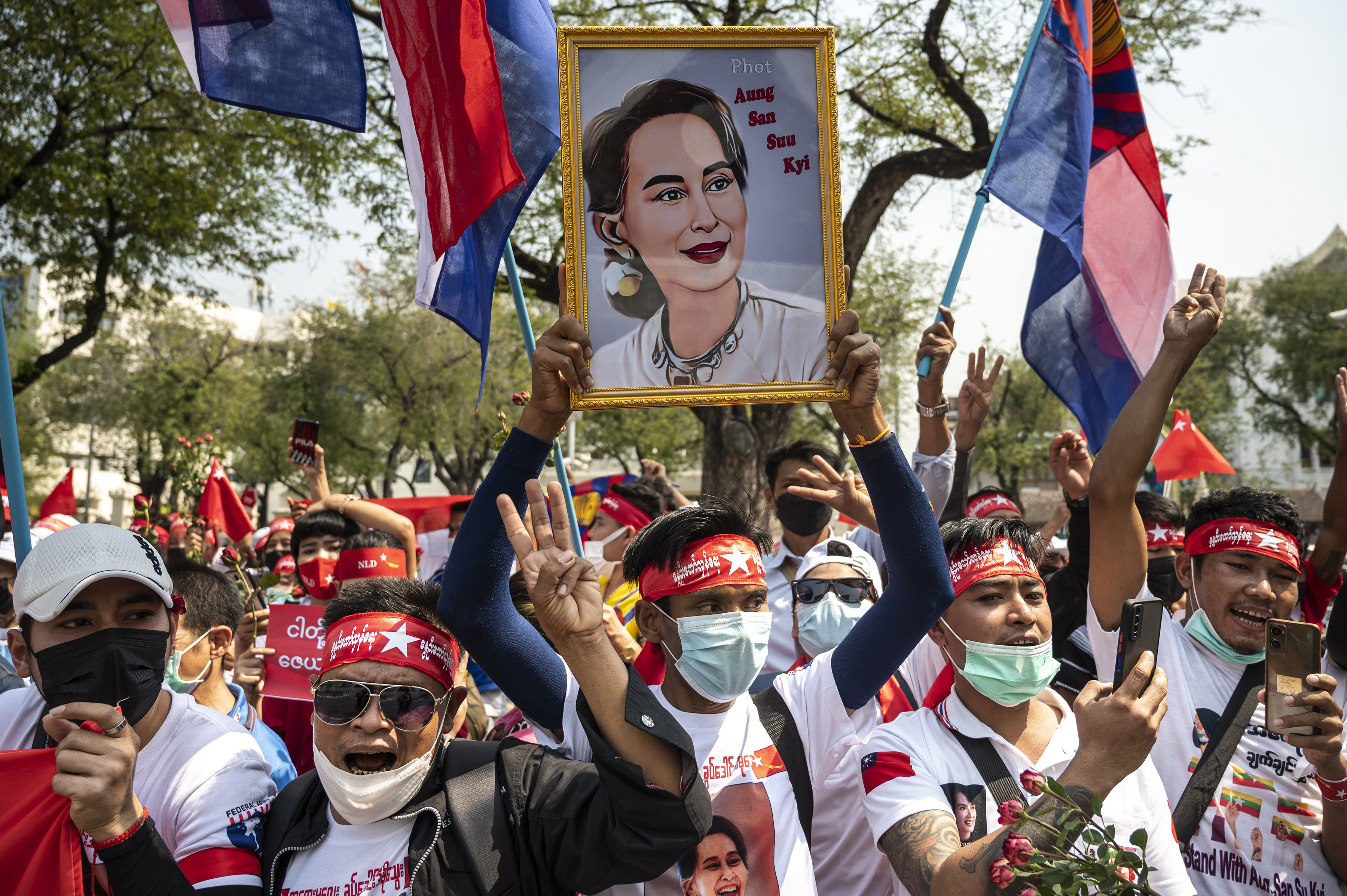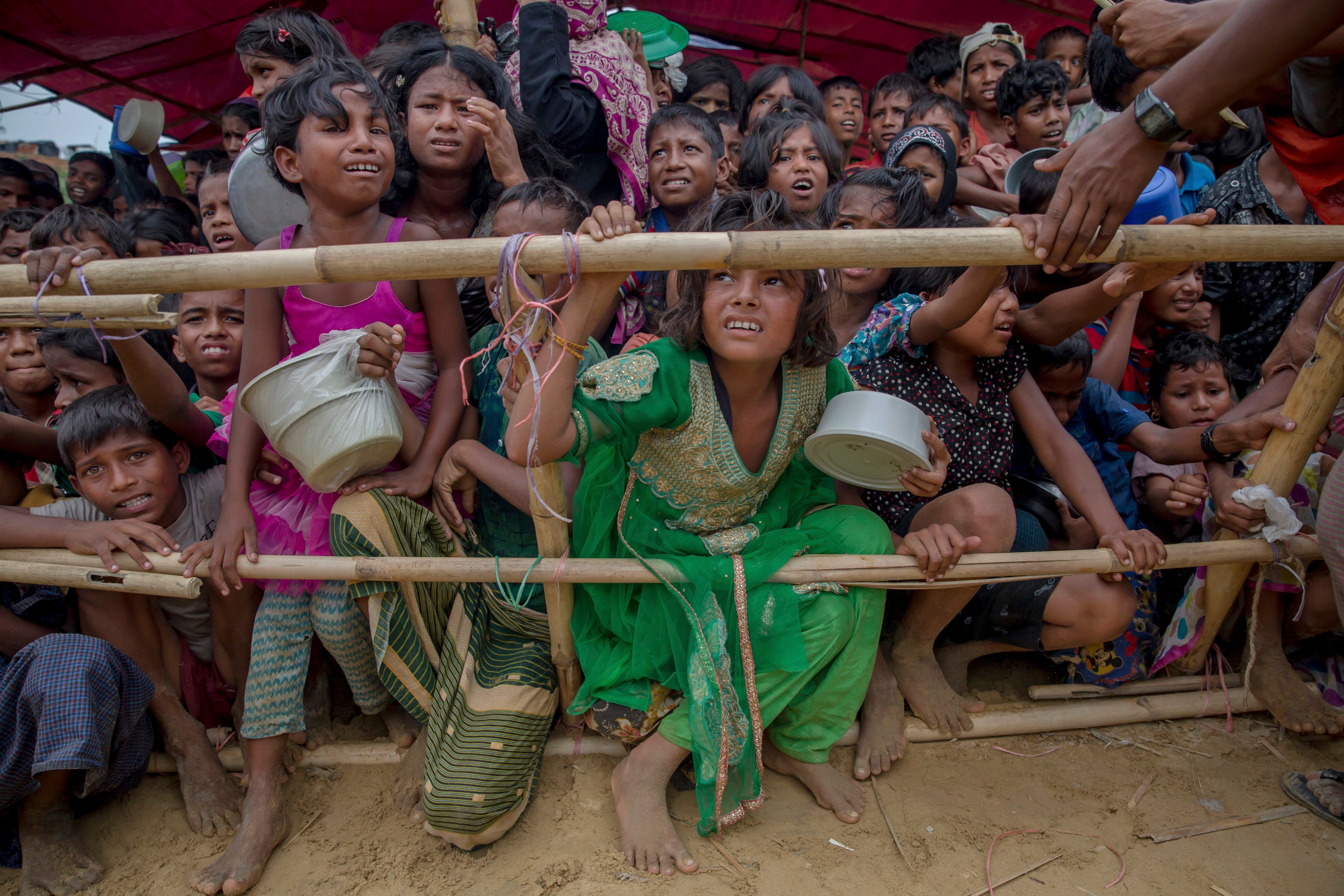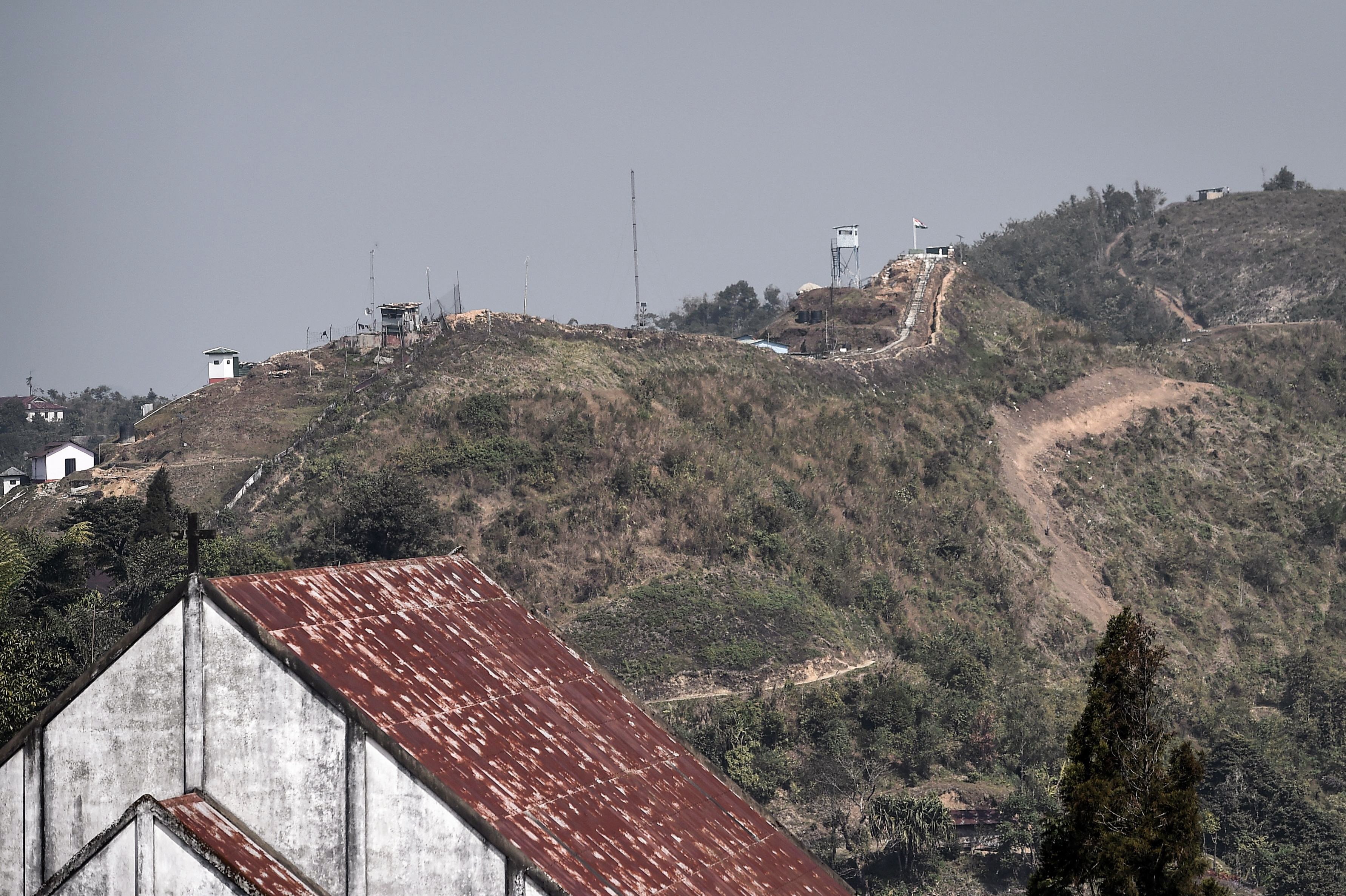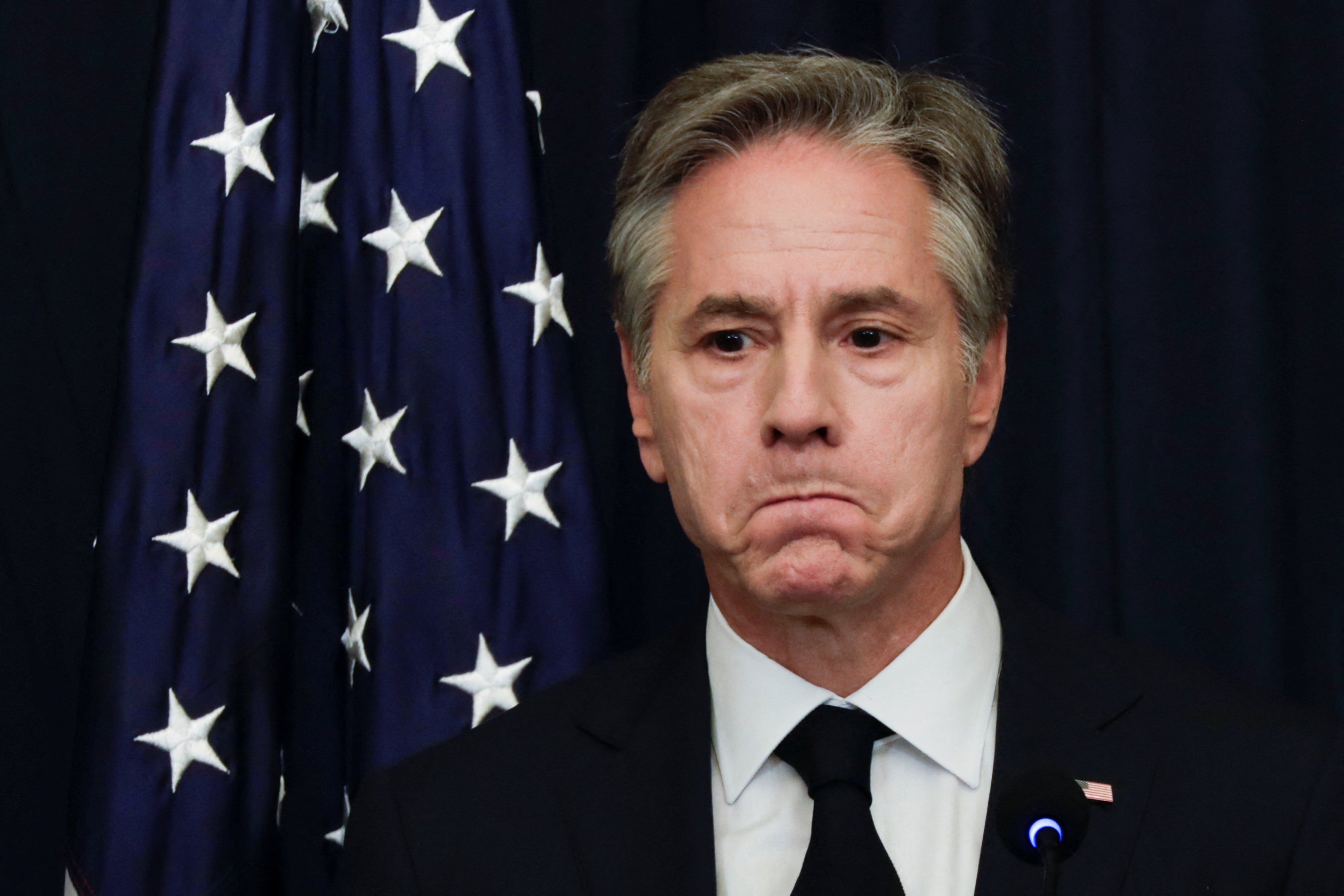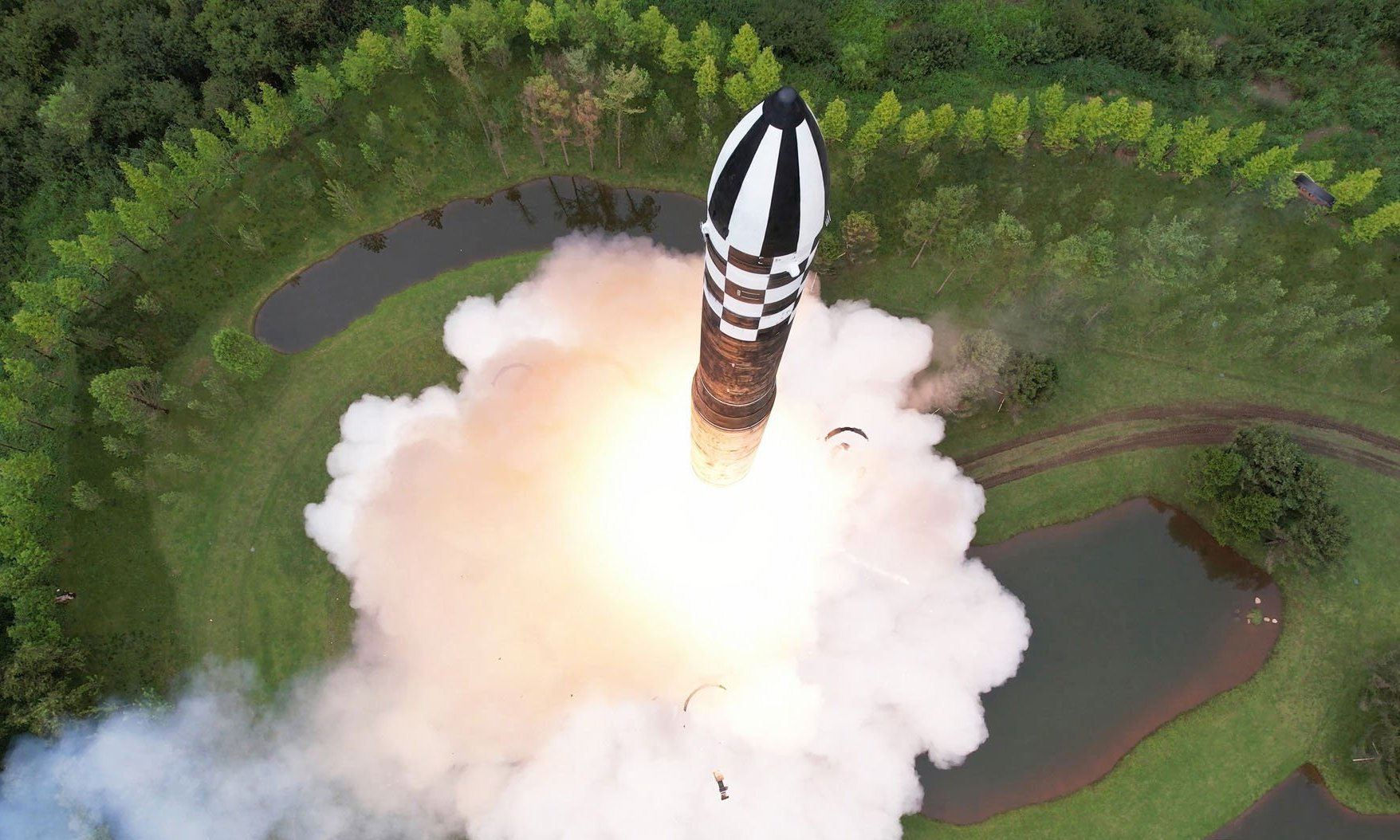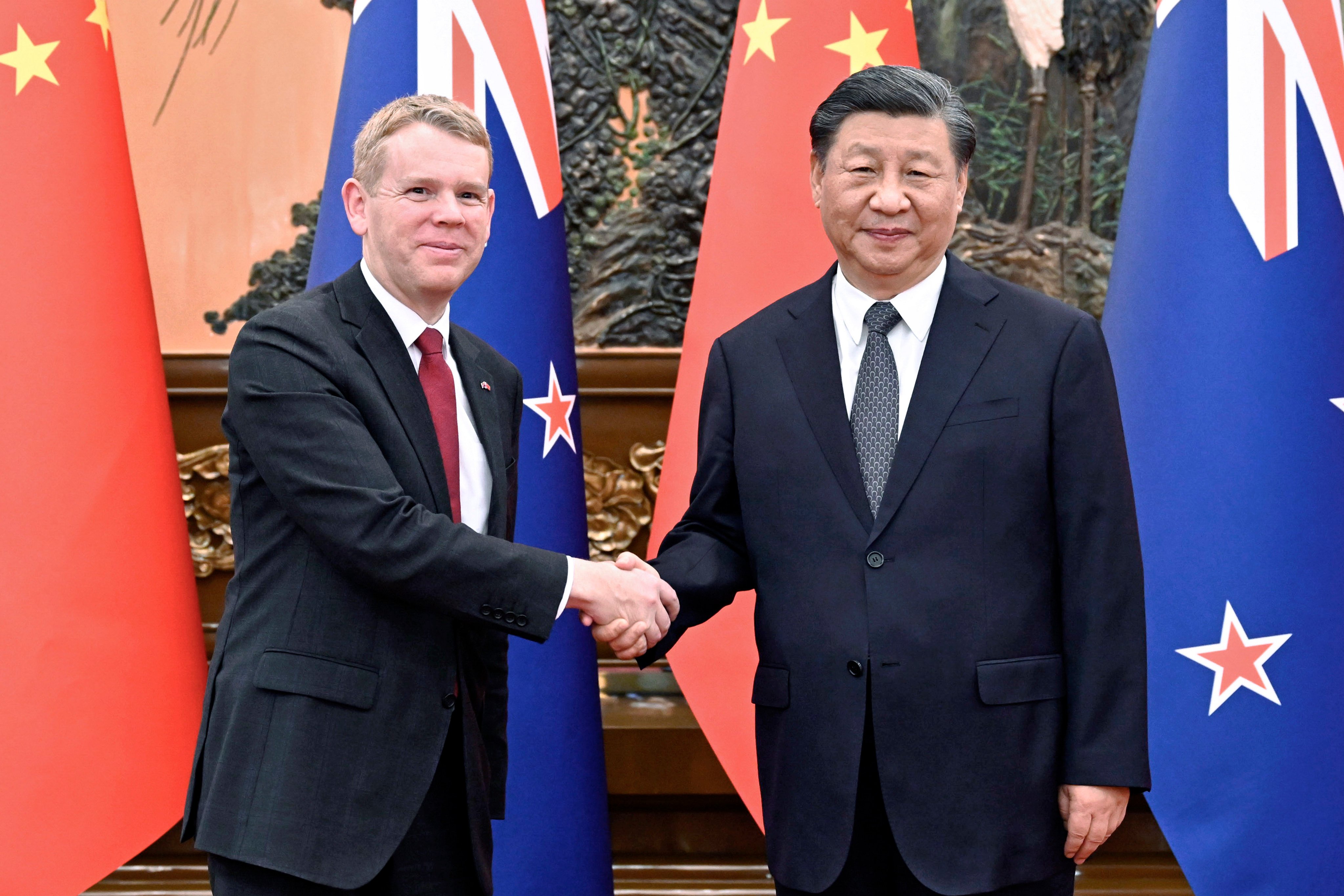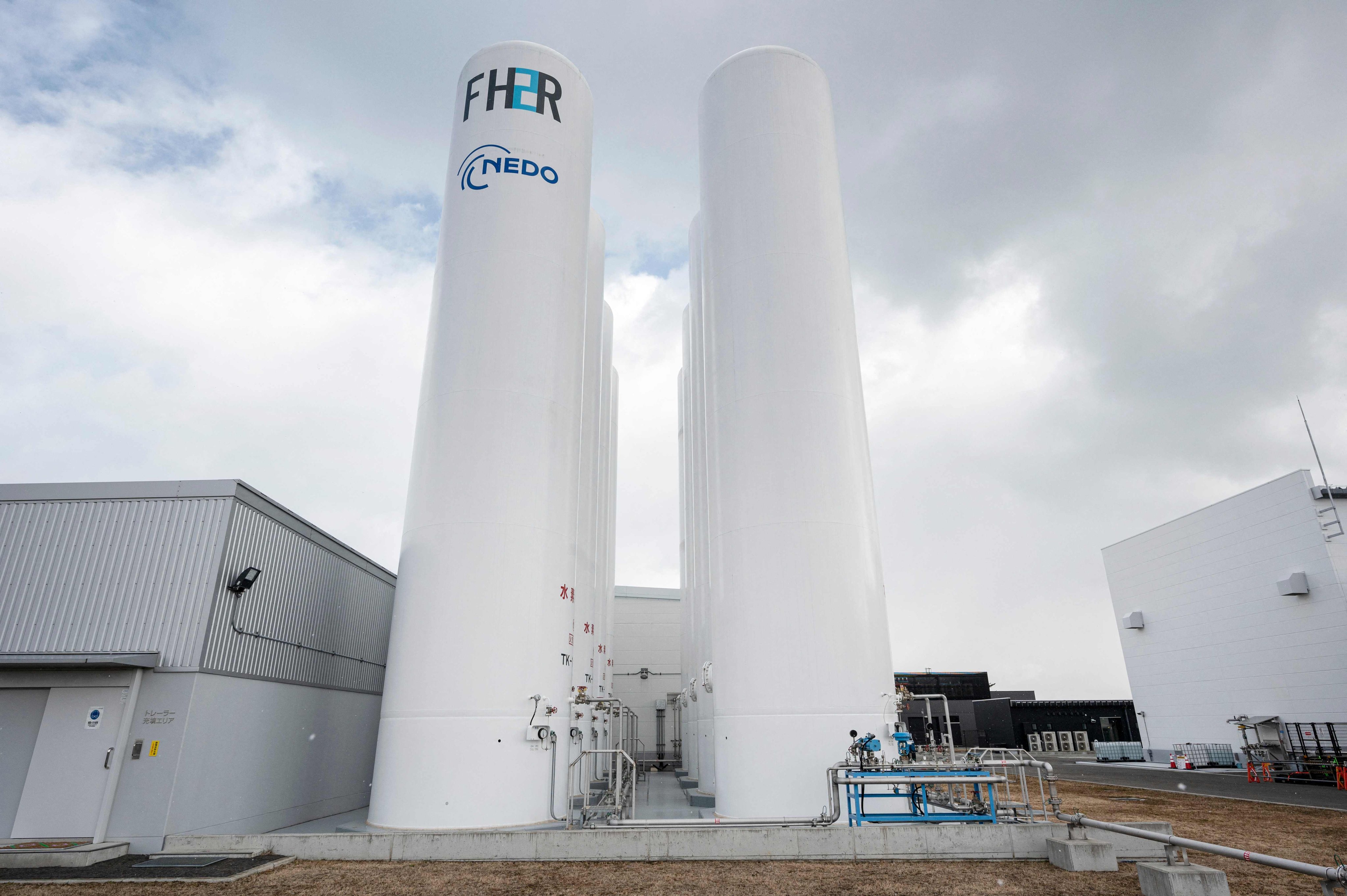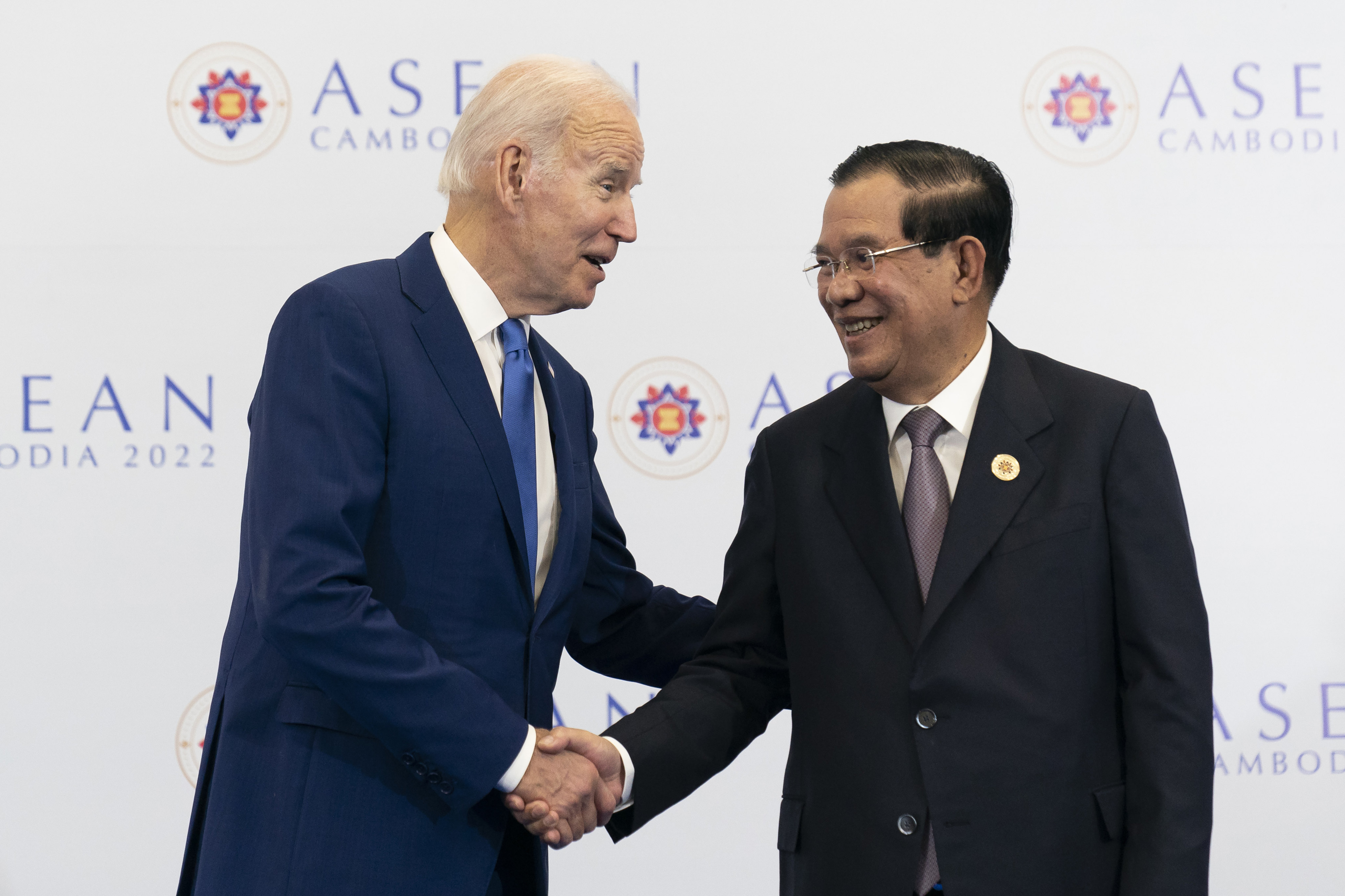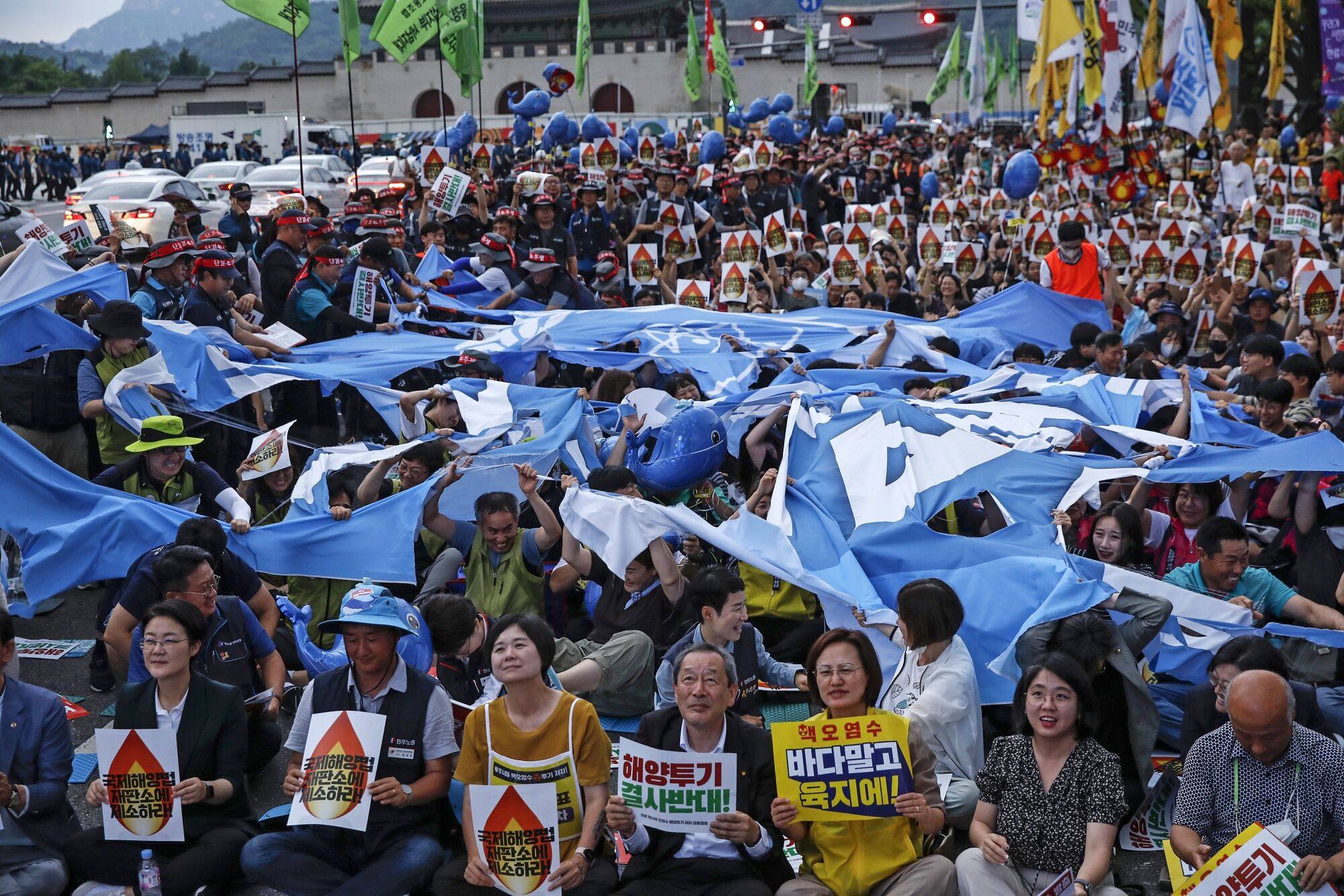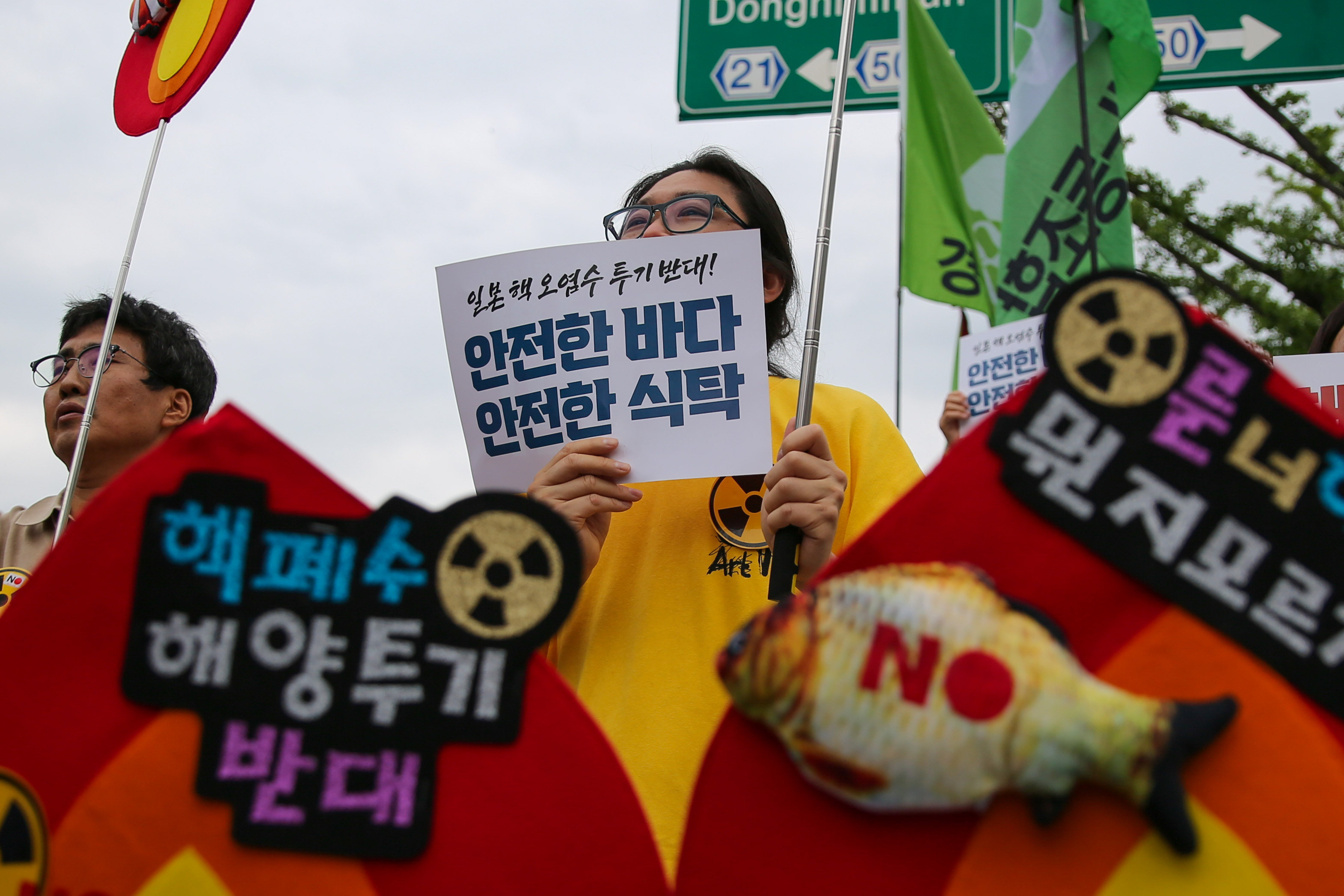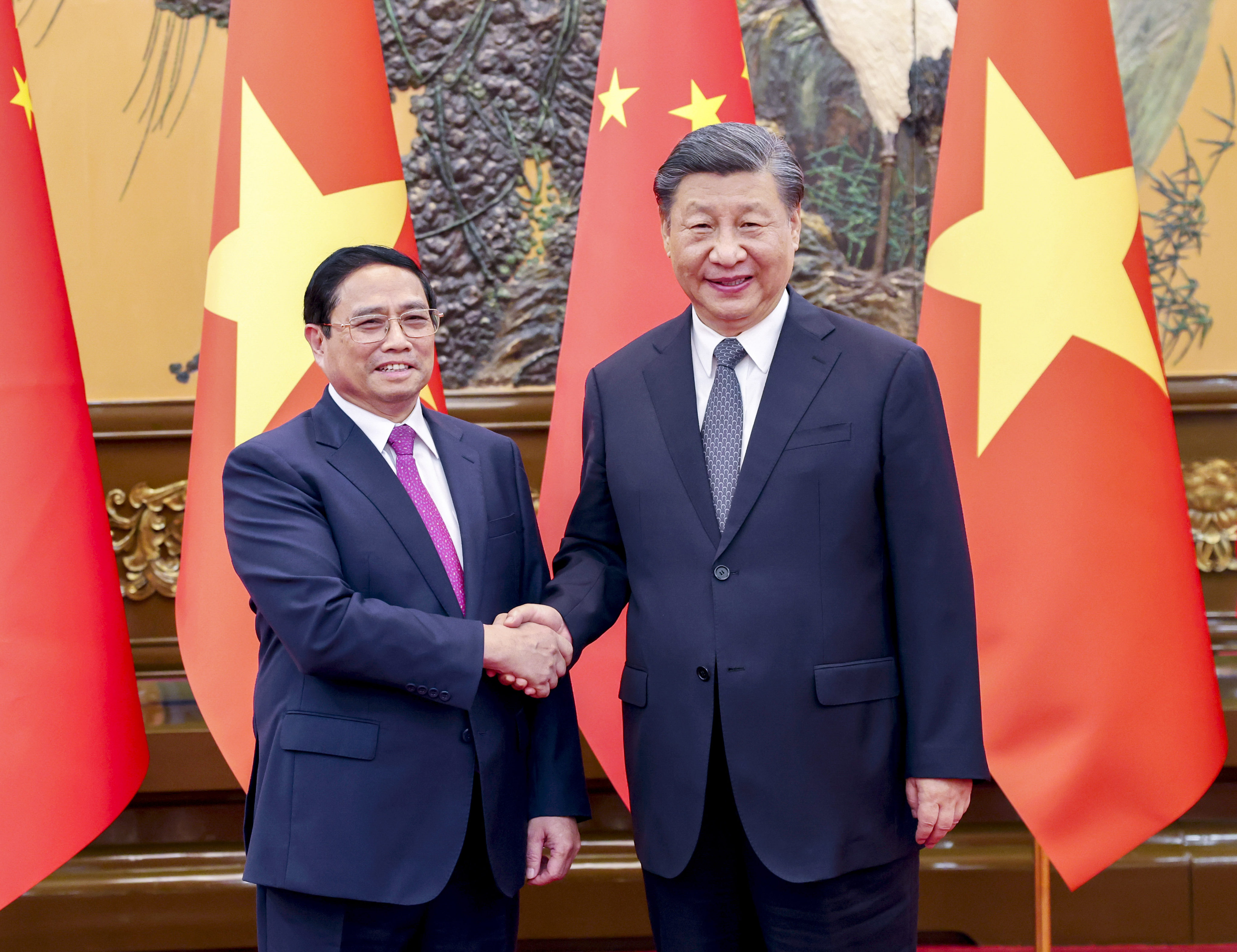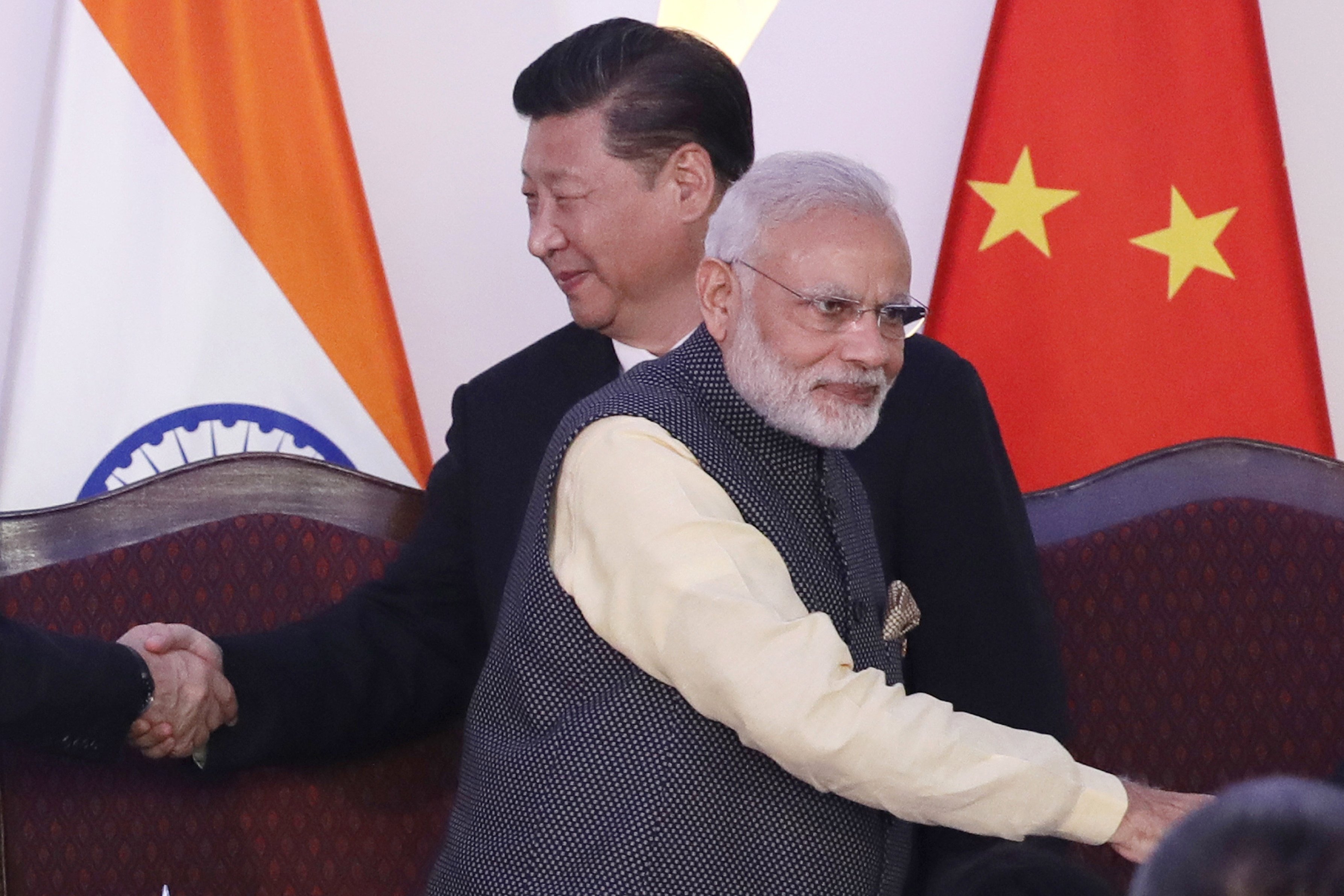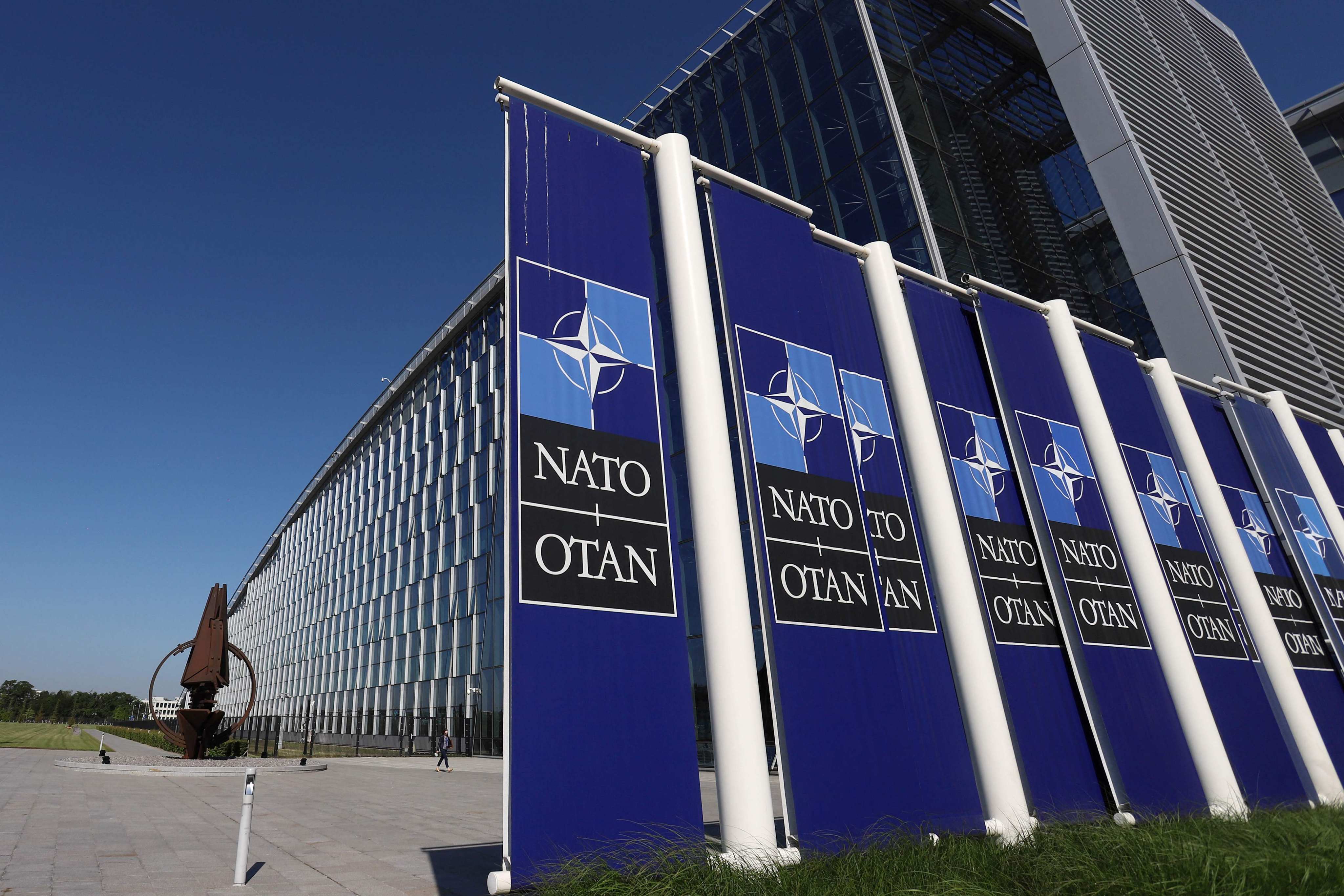Beijing-Tokyo chill to continue with Fukushima throwing a spanner in the works, diplomatic visit opportunities squandered, and with more waste water released.
The United States faces a delicate balancing act as it seeks to avoid alienating India over the dispute at a time of growing Chinese influence in the region.
Vietnam wants to keep both world powers onside, but striking a balance is becoming increasingly difficult, analysts say, as Hanoi elevates its ties with Washington – and eyes US arms.
Beijing’s Belt and Road Initiative has not proved to be the ‘transformation game changer’ many in the region were hoping for, analysts say – as concerns grow about some projects’ viability and added value.
Just a few years ago, real-time data exchanges on operations at the Mekong River’s major dams would have been a ‘no-go zone’, a top official told This Week in Asia.
Biden hailed the deals done on his recent Hanoi trip as ‘critical’ to creating a ‘more resilient’ semiconductor supply chain, but Vietnam imports the bulk of its components from China – and suffers a chronic shortage of tech talent.
Myanmar’s junta is attempting to shed its ‘outcast’ reputation by touting its ties with bigger, more powerful nations, even as the generals remain shut out of most Association of Southeast Asian Nations events.
China’s constant reminder to avoid ‘foreign power interference’ is condescending, as it suggests that nations, especially smaller ones, cannot determine their own national interests.
With Asean centrality at stake, observers say it will be a ‘huge miss’ if the bloc does not even issue a statement to uphold international law.
India is trying to create a subgroup within Brics to wane China’s influence in the bloc, but its US tilt means it has yet to take a “clear position on either side”.
Indonesia’s ‘significant’ statement on the territorial dispute indicates it sees China as a security threat, analysts say, but it is not a sign of a ‘nascent alliance’ with the US.
Former Singapore foreign minister George Yeo says that while Taiwan’s presidential election is important, the island is only a ‘piece on the chessboard’ in the context of China-US relations.
Manila has ‘had enough’ of China’s conduct in the disputed waterway, analysts say. But hosting the US, Japan and Australia for joint military drills only raises the ‘spectre of dangerous run-ins’.
East Timor has been a strong advocate of democracy, but has also had to moderate its views in order to gain Asean membership.
While these younger leaders are mostly Western-educated, there was ‘no guarantee’ they would be open and undertake reforms.
Southeast Asian countries privately prefer expanded Western military footprint in the region and are hesitant to publicly air their views to avoid ruffling Beijing’s feathers.
Tokyo has once again labelled China its ‘greatest strategic challenge’ – a stance analysts say regional elites have likely accepted ‘behind closed doors’, even as Southeast Asian nations remain reluctant to take sides.
The move comes as views against the junta start to harden, over its air wars, and as it steps up its campaign of terror against the population.
A report by rights group Fortify Rights showed Indian authorities beating Rohingya refugees, denying them due process rights, and indefinitely detaining them.
Analysts say ‘national security’ comes first for India, as it needs Myanmar in the border security fight against insurgency, drugs and trafficking.
For the third time in two months, the US secretary of state is coming back to the region – to talk Aukus, New Zealand’s Beijing diplomacy and show Pacific island nations that it’s a ‘willing partner’, analysts say.
South Korea is not expecting China to ‘solve the North Korea problem’ despite urging it to play a more constructive role in ensuring stability, observers say.
Wellington’s attempts to maintain ‘a de facto non-alignment policy’ towards China are ‘rapidly becoming non-viable’, one analyst said – even as New Zealand strives to emphasise ‘open and honest dialogue’ in its ‘complex’ ties with Beijing.
Japan is hoping to boost cooperation in hydrocarbon and decarbonisation, and environmentally friendly energy technologies, with Middle East countries.
Washington’s distrust of Hun Sen and concerns about a possible Chinese military presence in Cambodia have affected Phnom Penh’s attempts to improve ties.
Disregarding the valid concerns of its neighbours could undo years of goodwill Tokyo earned through its contribution to global peace and governance.
In this edition of the Global Impact newsletter, we look at the reaction to Japan’s plan to release treated radioactive waste water from the Fukushima Daiichi nuclear disaster and ponder what is next.
Despite tensions with Beijing in the South China Sea, Vietnam’s ‘No 1 priority’ is maintaining stable bilateral ties, analysts say. But that hasn’t stopped Hanoi hedging its bets via some ‘diplomatic balancing’.
Neither India nor Brazil want to lose influence in the bloc, but observers say New Delhi’s recent tilt to the West mean its ‘makes sense’ for other BRICS members to back Beijing’s push to welcome Saudi Arabia, Indonesia and others into the fold.
As Nato upgrades its ties with Australia, Japan, New Zealand and South Korea, the wider region is ‘generally happy’ to have Western powers’ support to help balance China’s influence, observers say – despite lingering concerns about security initiatives.


